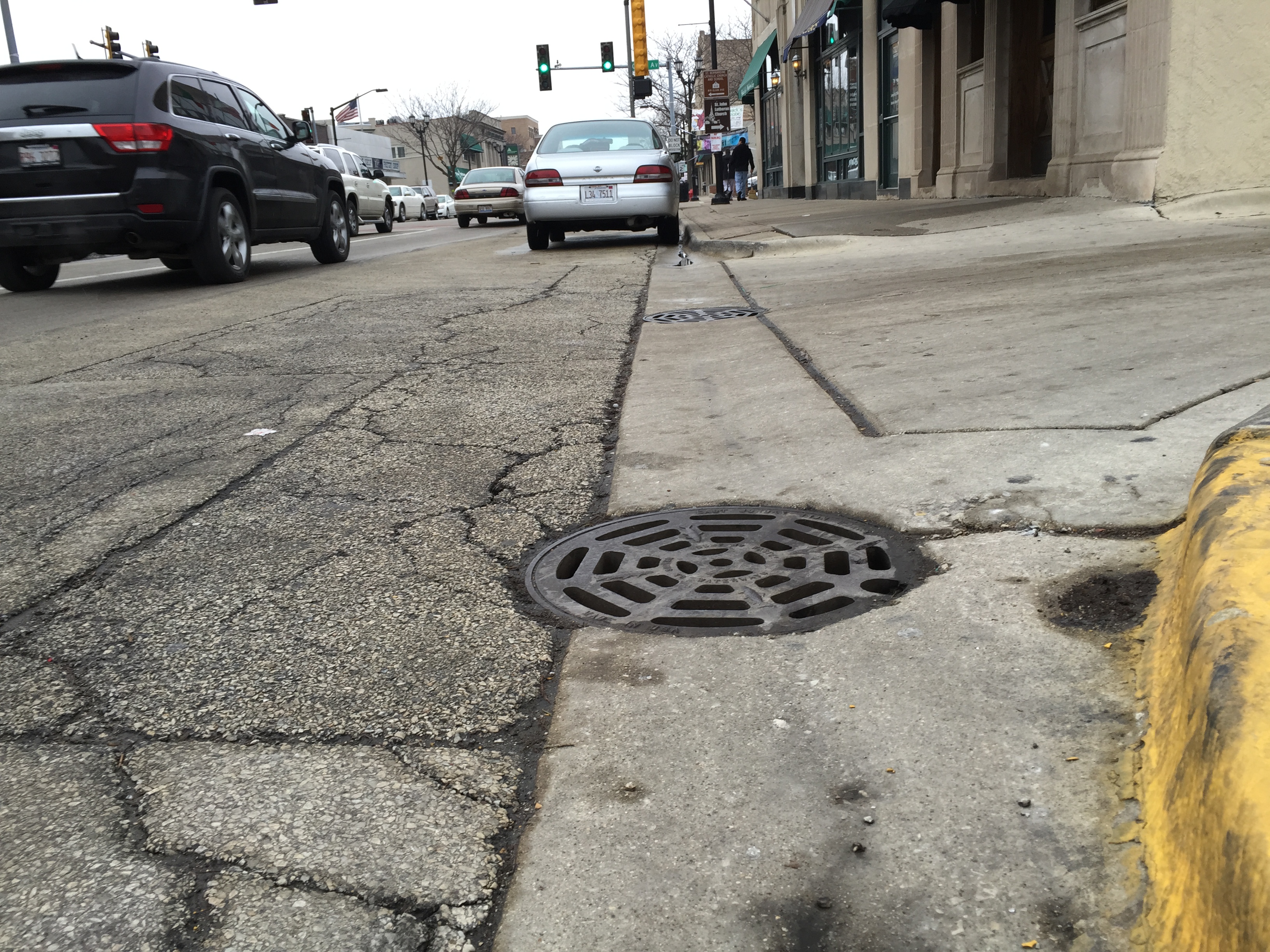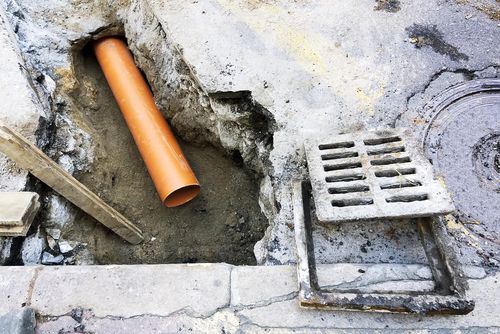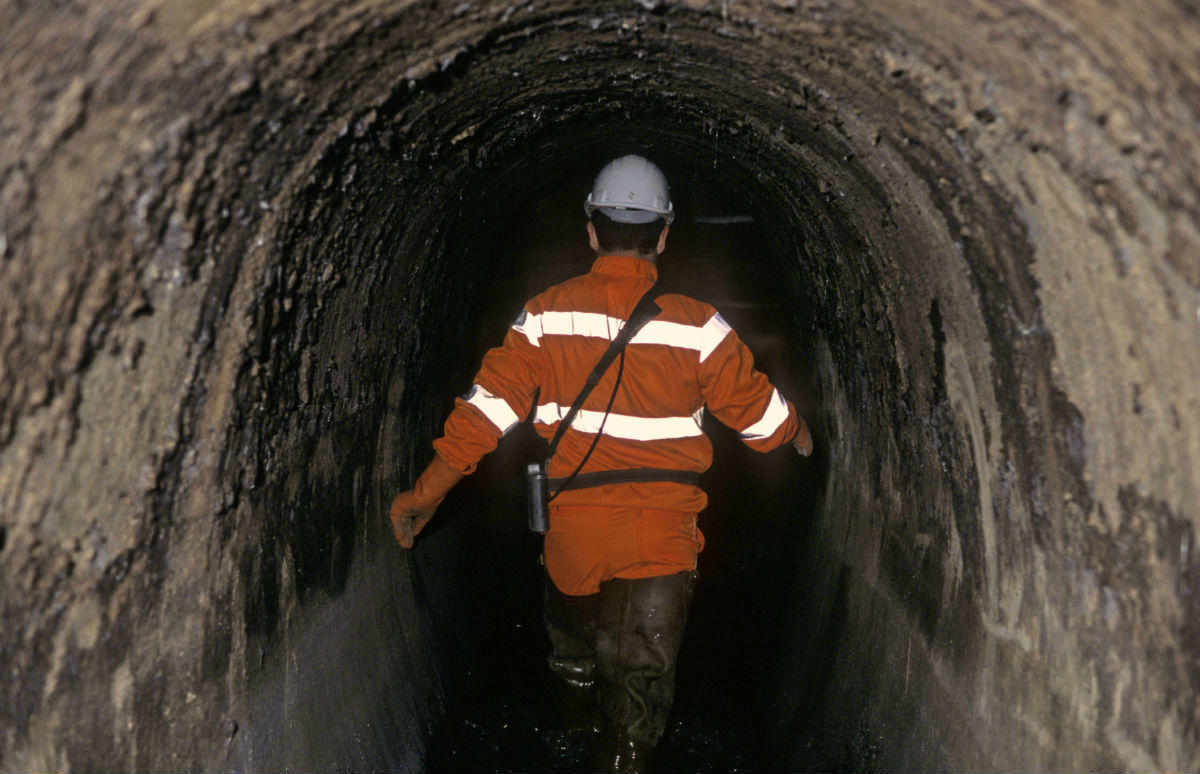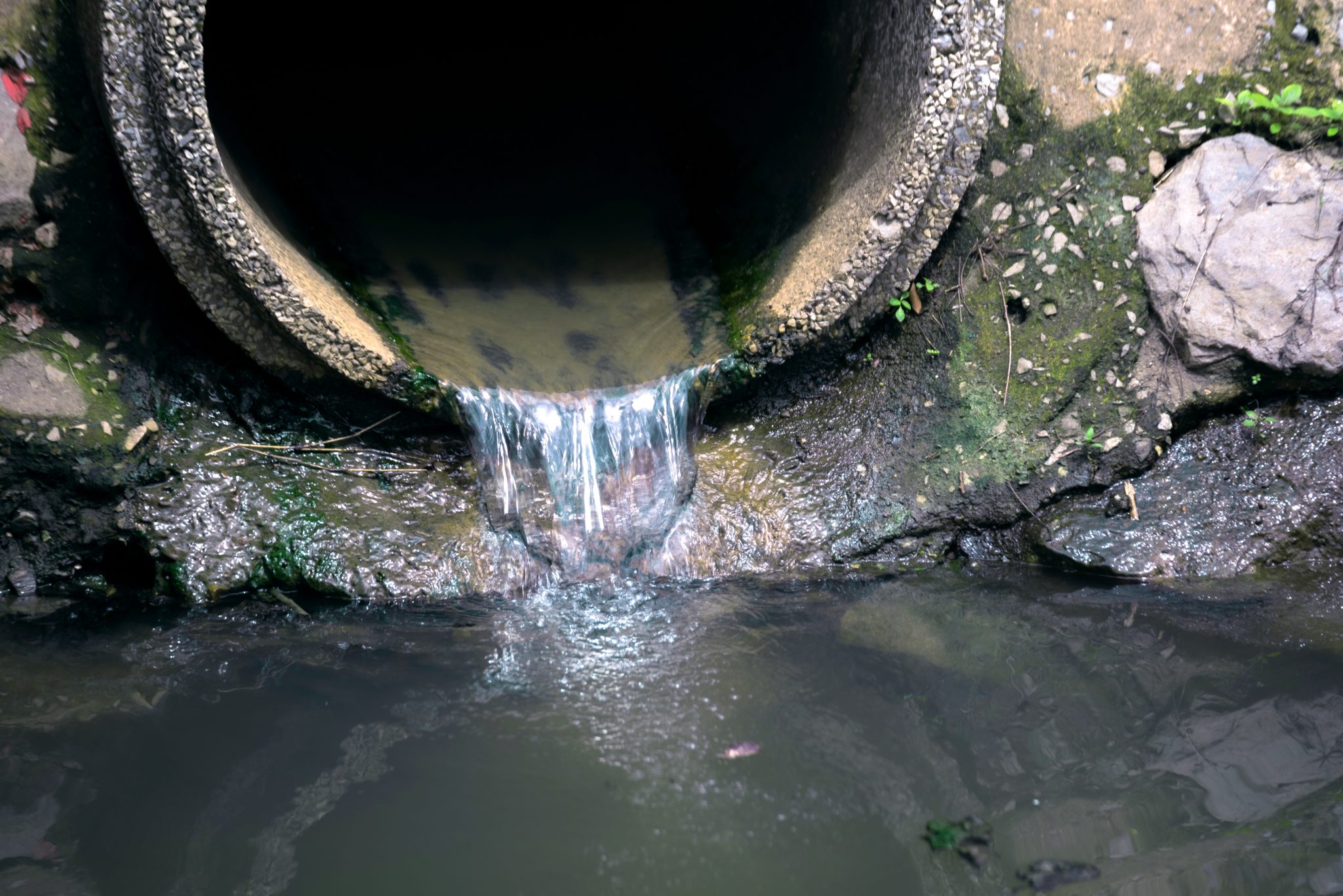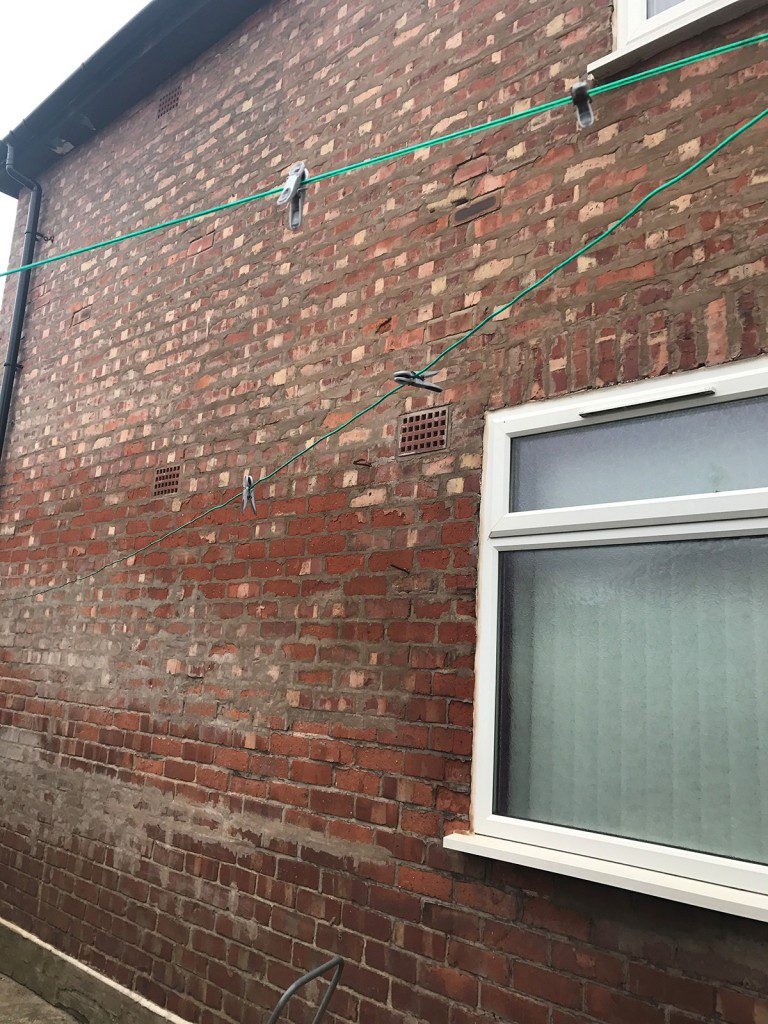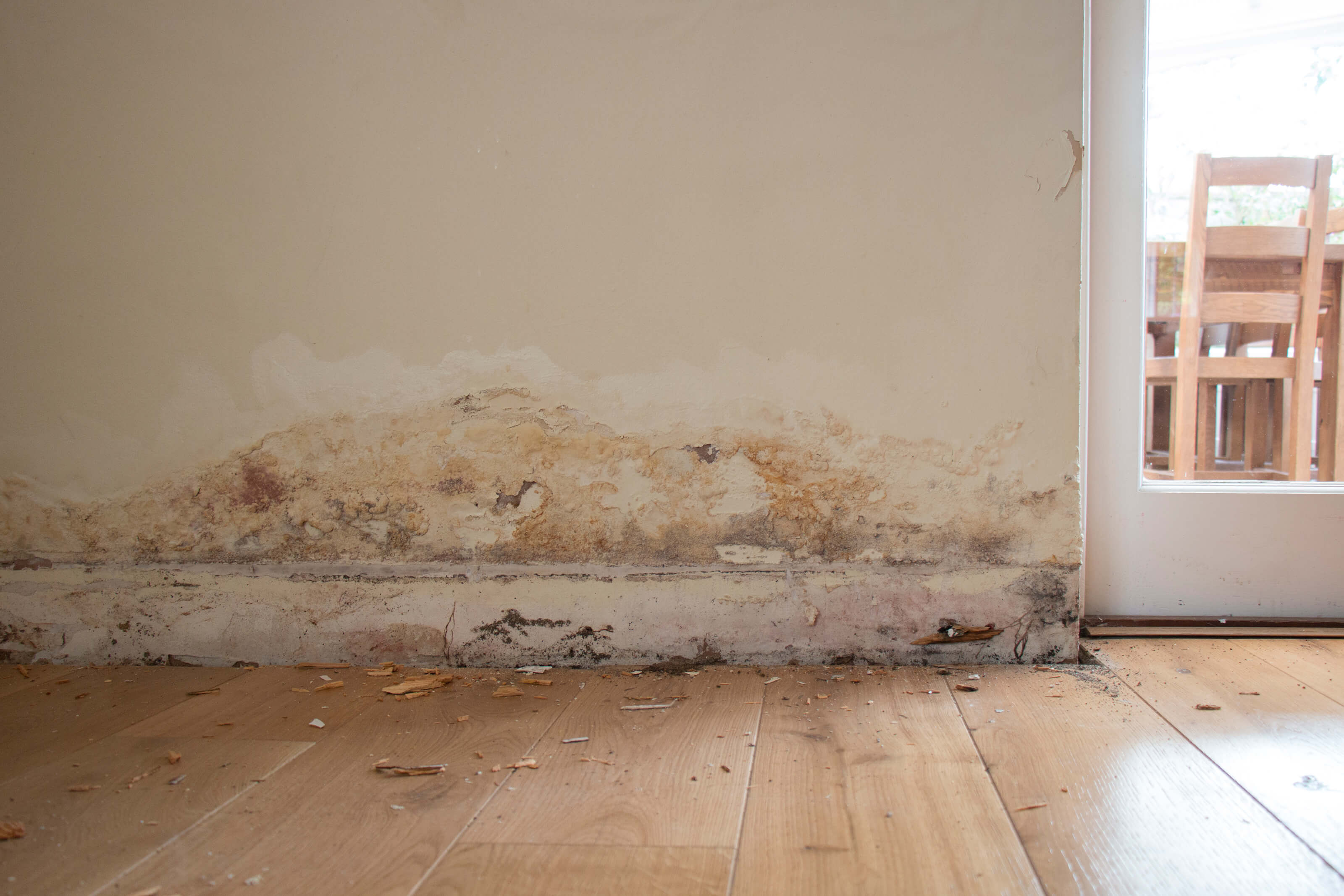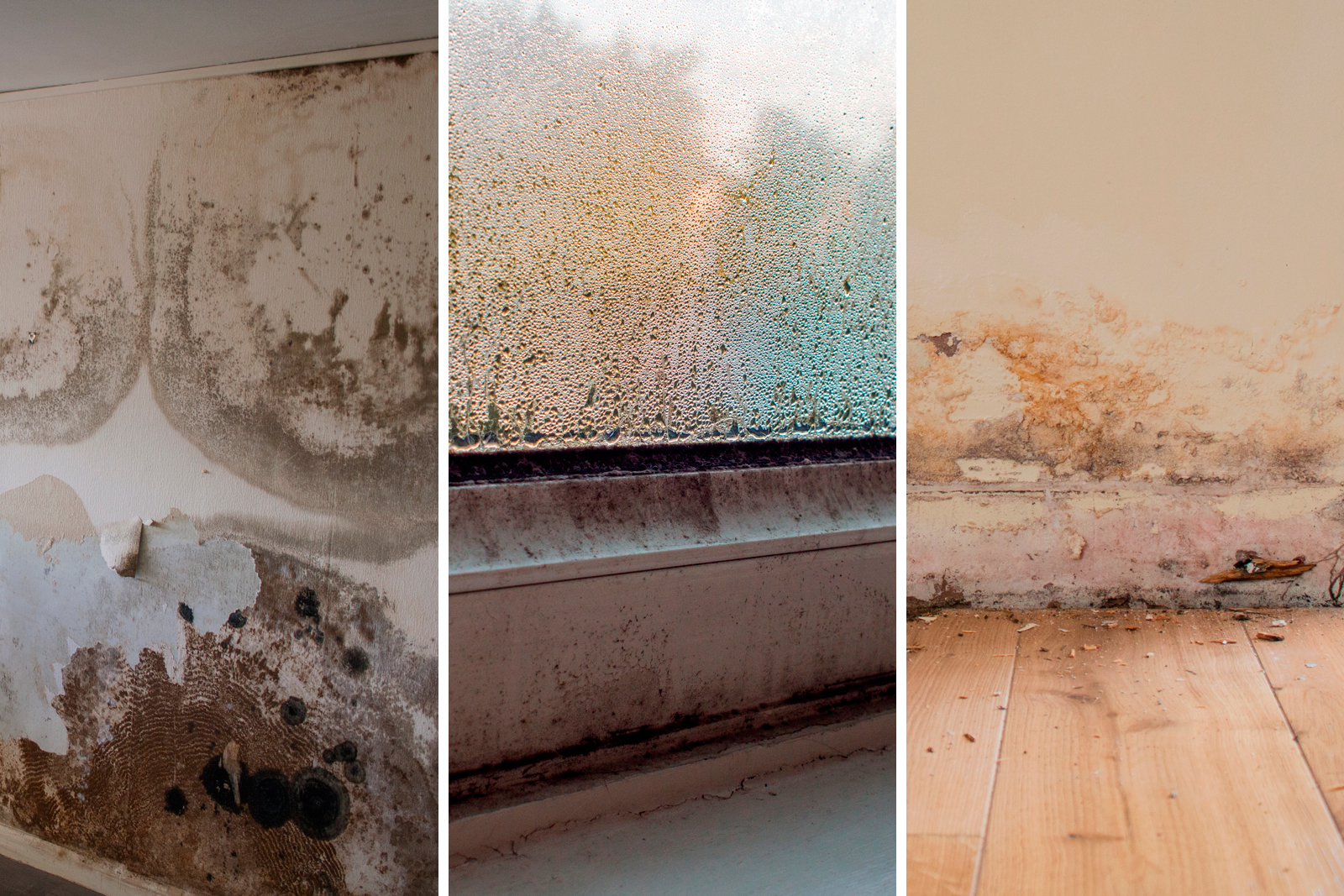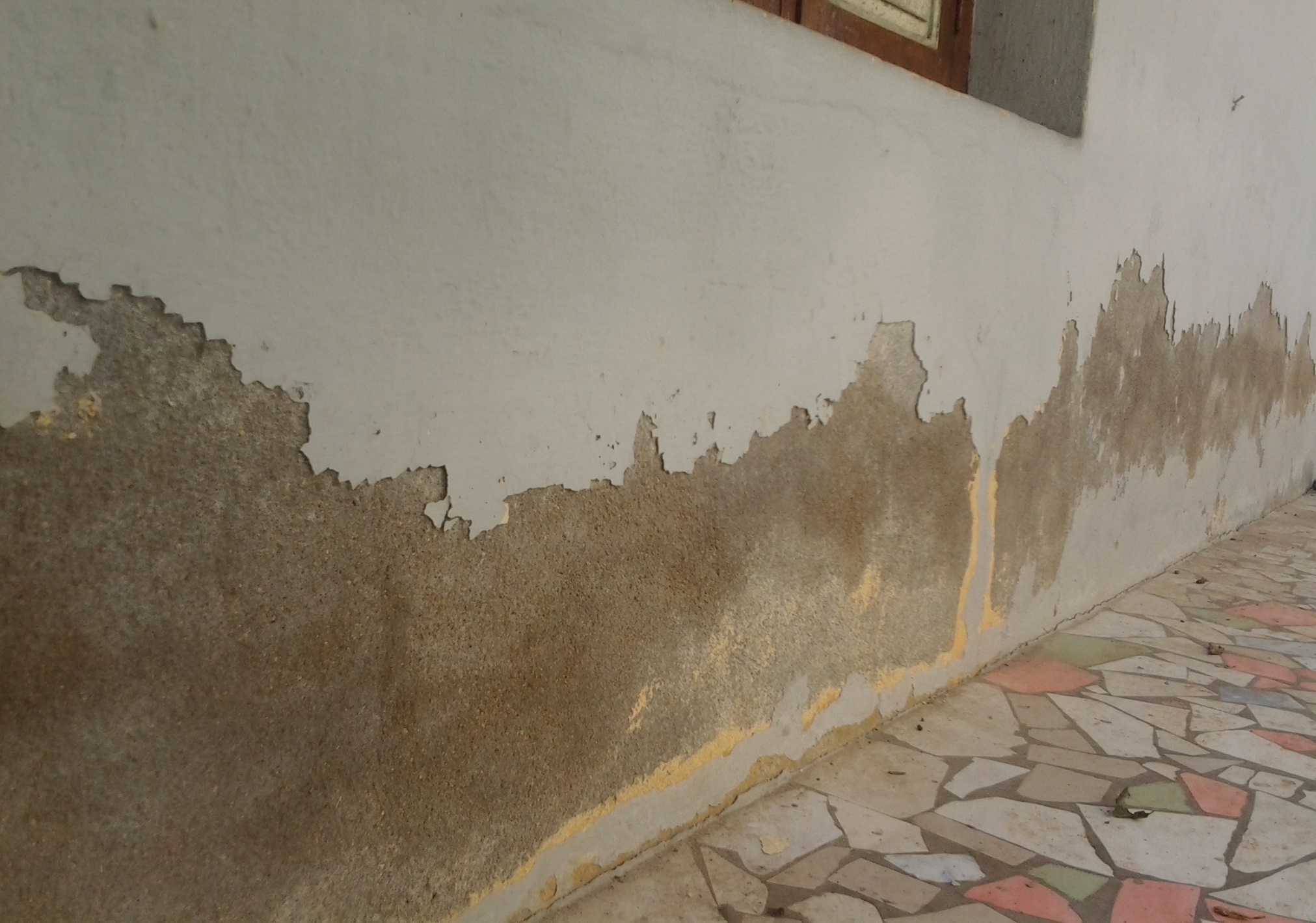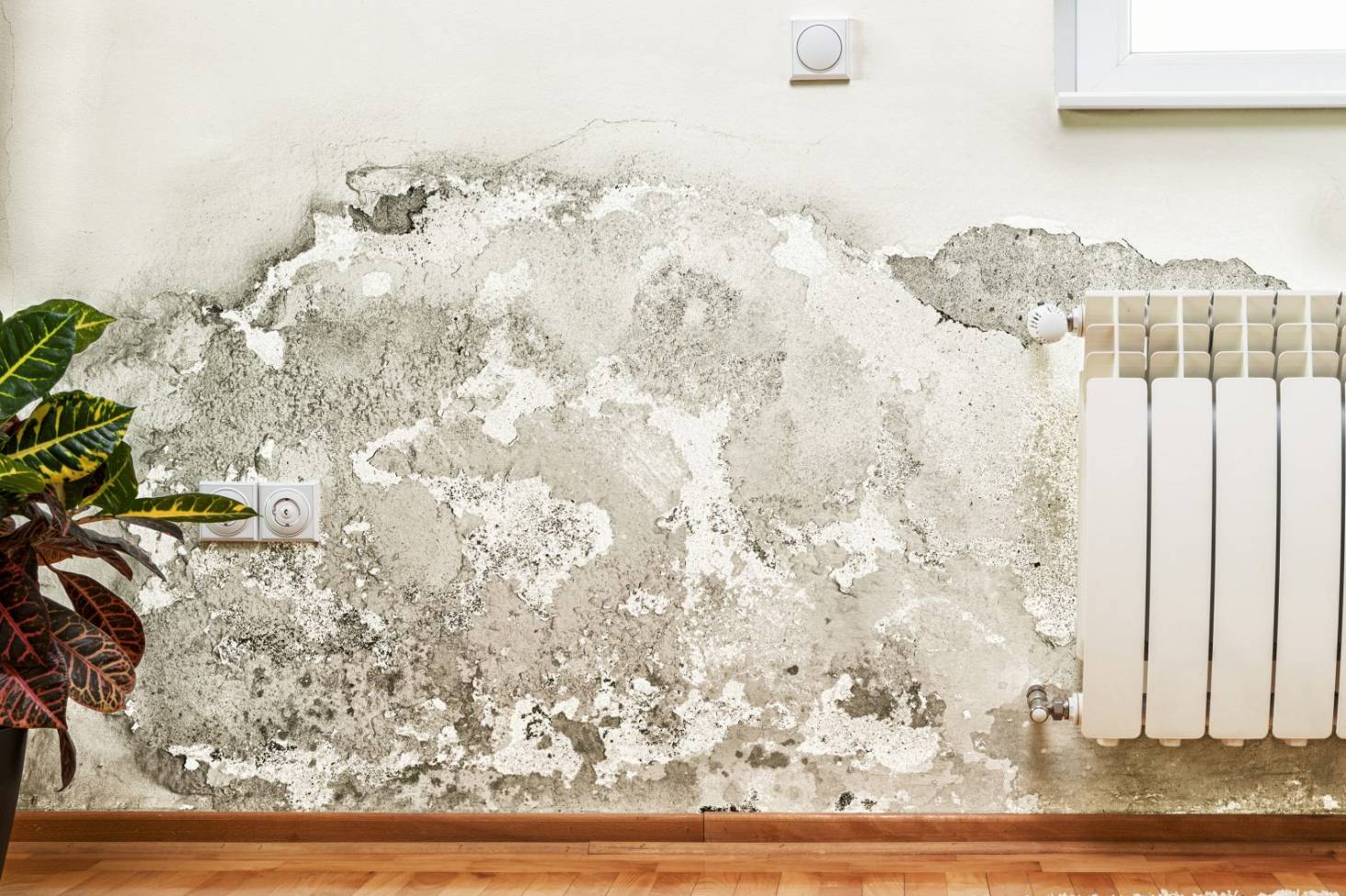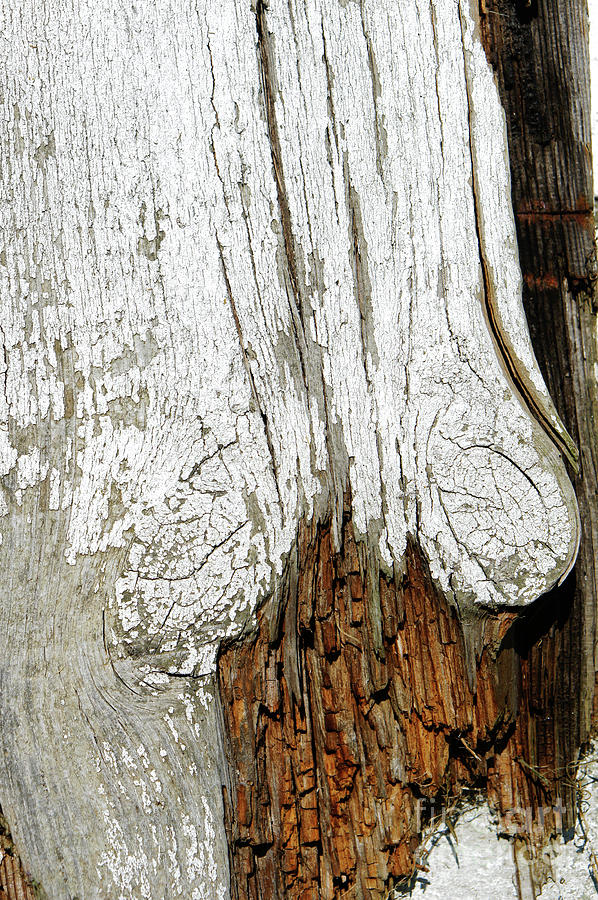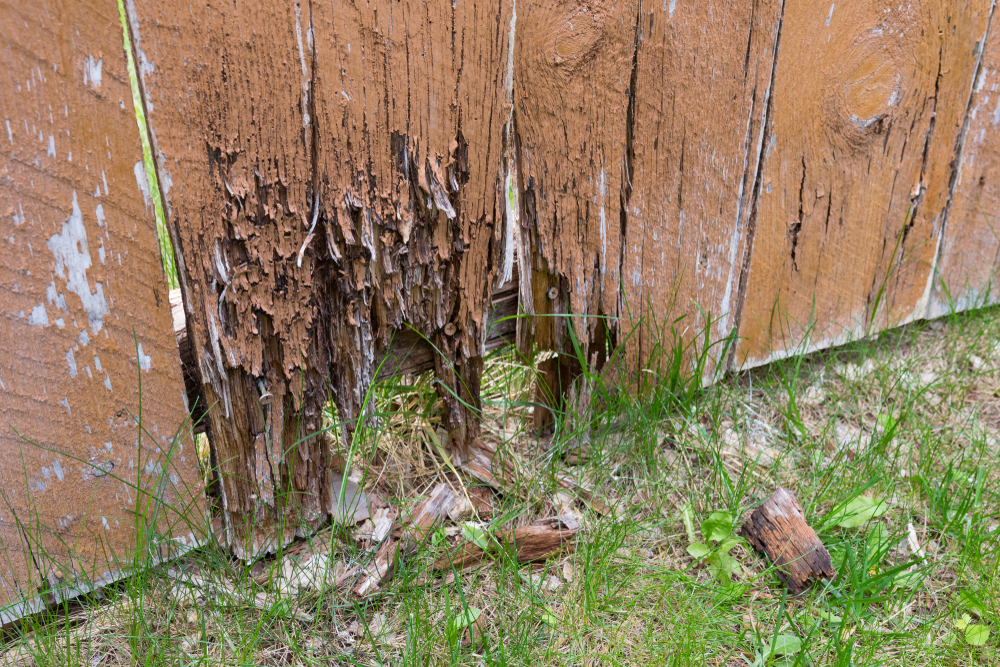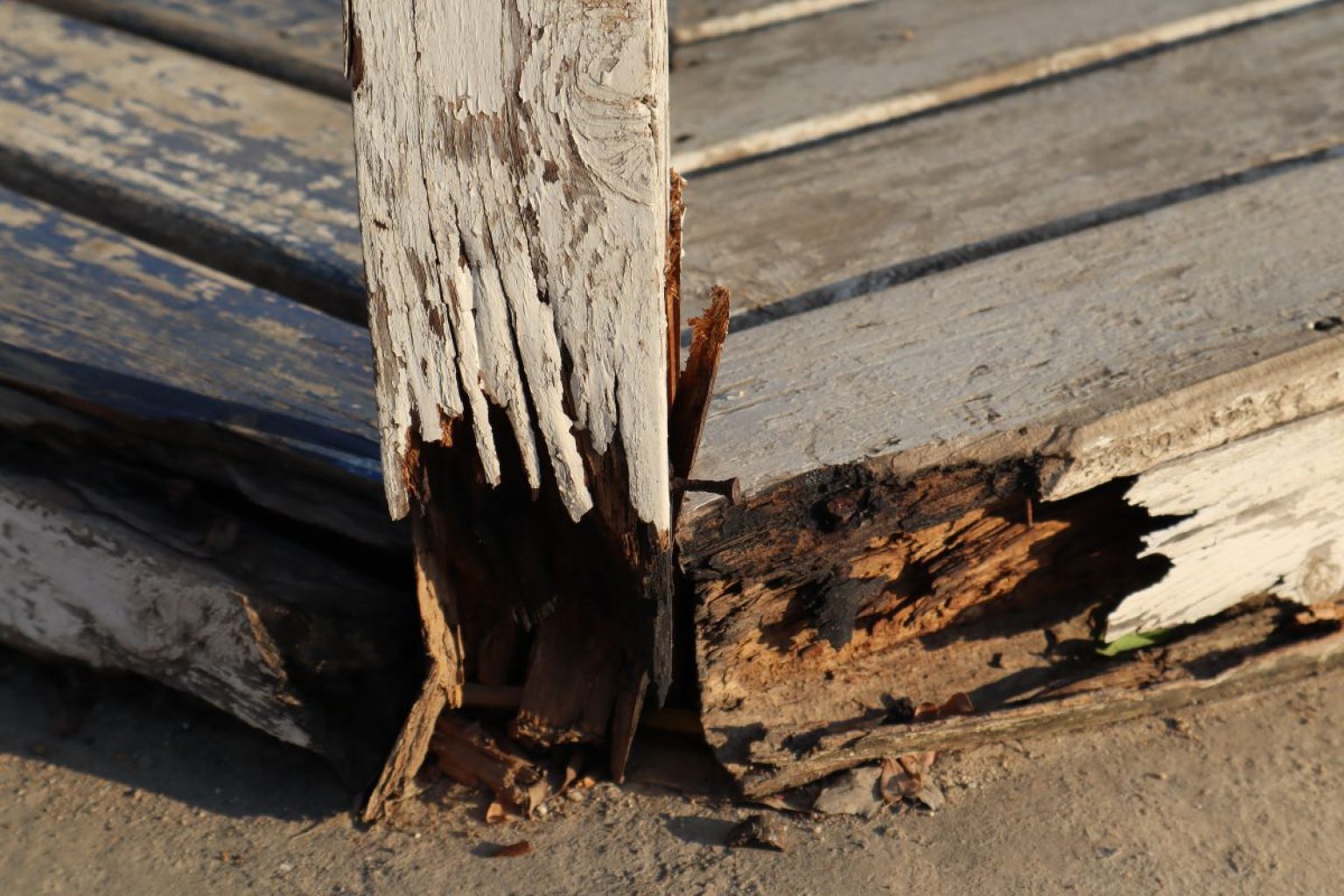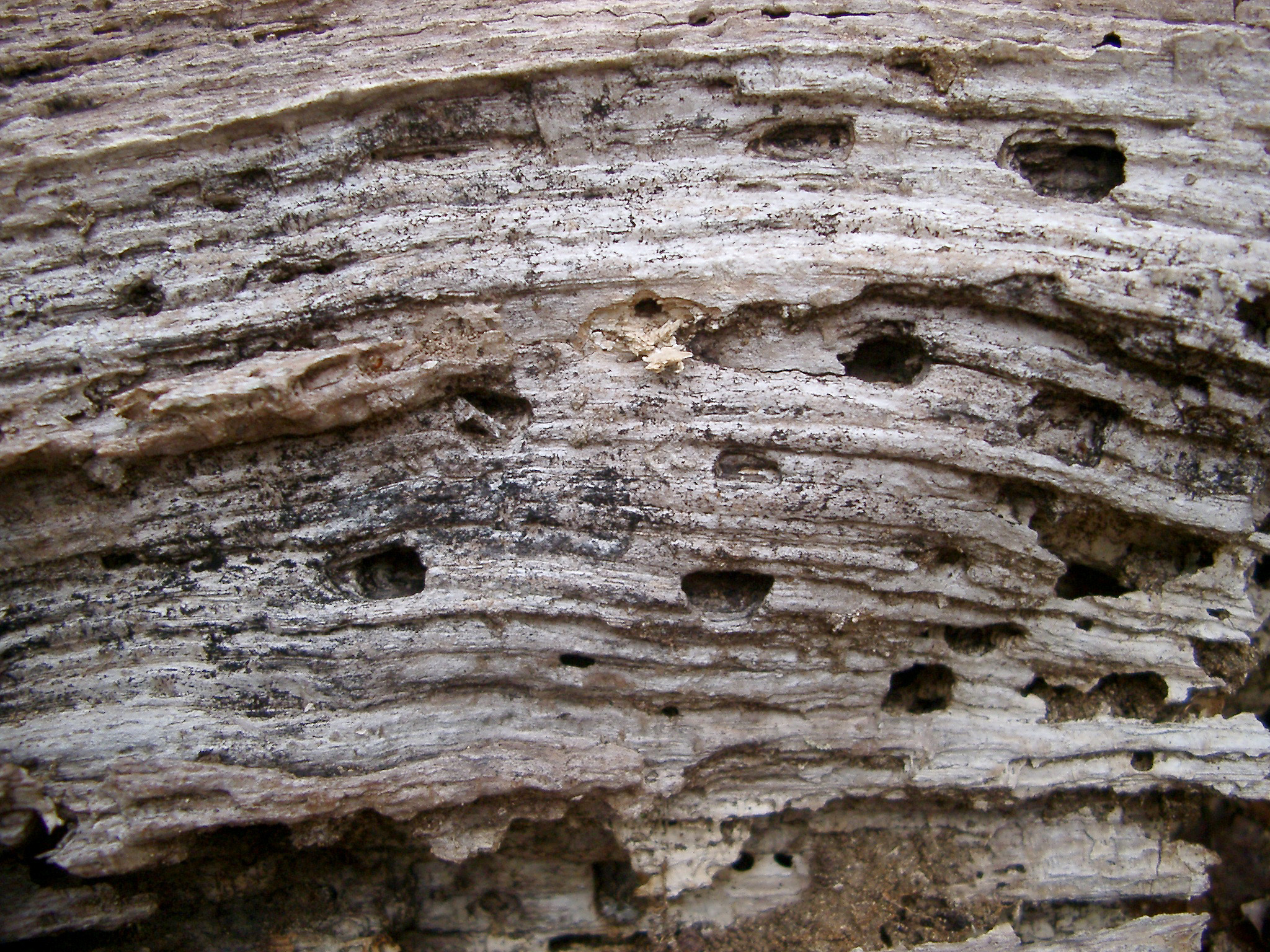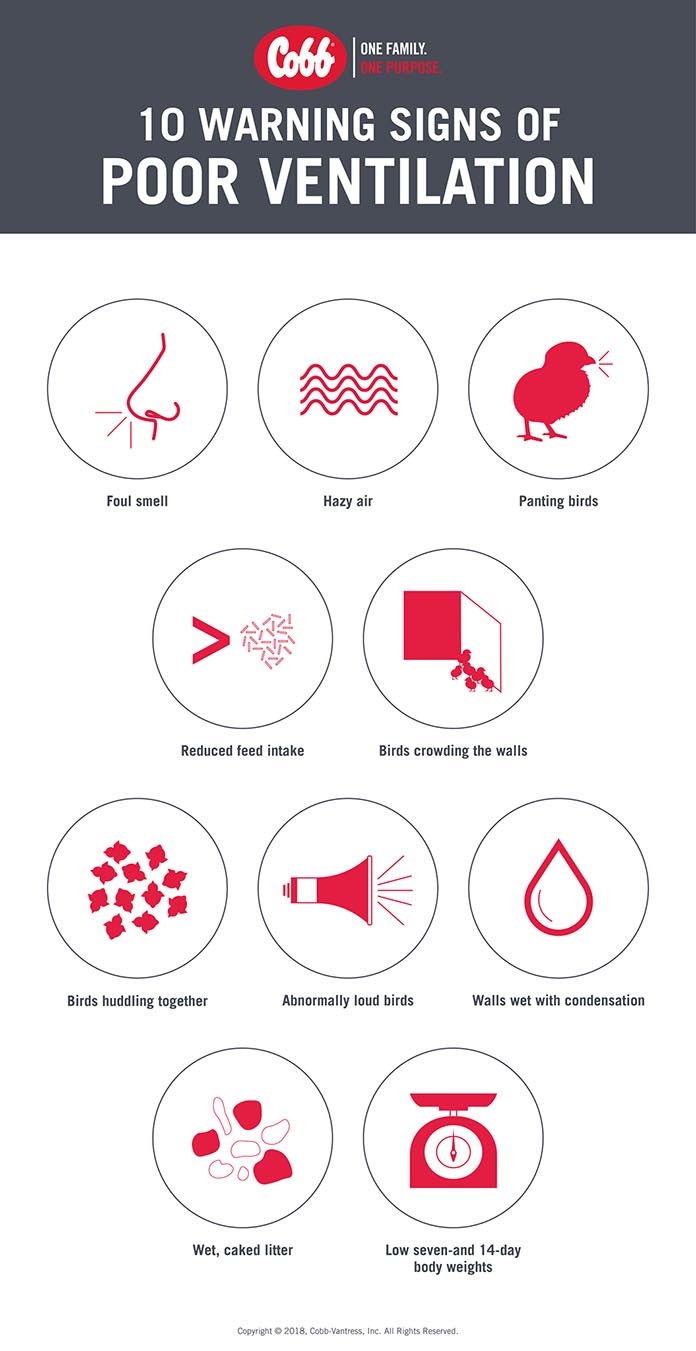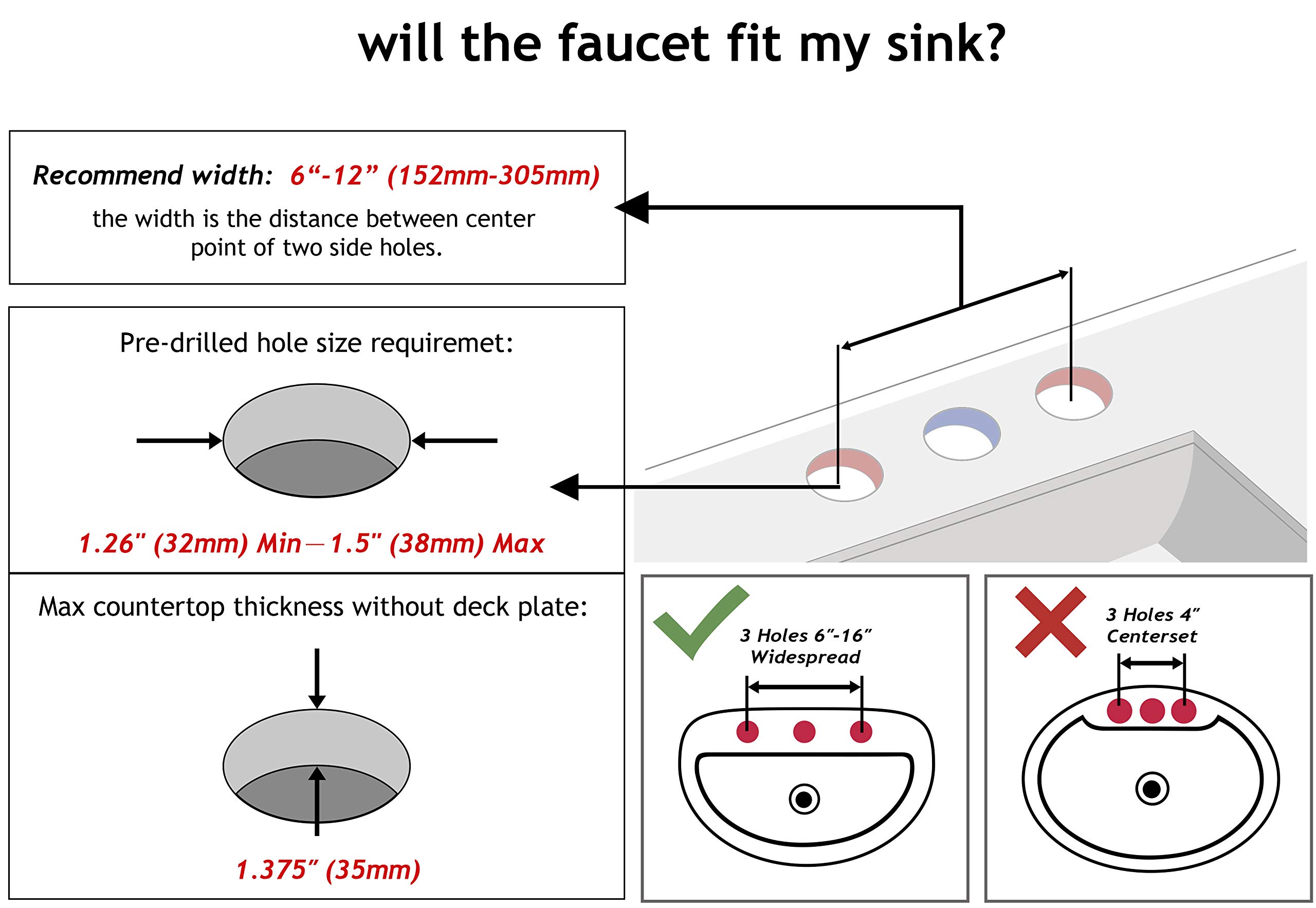One of the most common causes of bad smells under the bathroom sink is mold and mildew. These fungi thrive in dark and damp environments, making the space under your sink the perfect breeding ground. If you notice a musty odor coming from the area, it's likely that mold and mildew are the culprit. To get rid of the smell, you'll need to address the source of the problem. This may involve removing any items stored under the sink and thoroughly cleaning the area with a disinfectant. Make sure to also check for any leaks or excess moisture that may be contributing to the growth of mold and mildew. Mold and Mildew
Another common cause of bad smells under the bathroom sink is a musty odor. This can be caused by a variety of factors, such as old and damp items stored under the sink, a lack of ventilation, or even a build-up of bacteria and other organic matter. To get rid of the musty smell, start by removing any old or damp items from under the sink. Then, thoroughly clean the area with a disinfectant and make sure to properly dry it out. You may also want to consider adding a dehumidifier or improving the ventilation in your bathroom to prevent the smell from returning. Musty Odor
If you notice a foul odor coming from under your bathroom sink, you may have a leaky pipe. Even small leaks can lead to a build-up of stagnant water, which can cause unpleasant smells to emanate from the area. In addition to the smell, you may also notice water stains or mold growth around the affected pipe. If you suspect you have a leaky pipe, it's important to address the issue as soon as possible. This may involve tightening connections, replacing worn-out pipes, or calling a professional plumber for assistance. Leaking Pipes
A clogged drain can also be a source of bad smells under the bathroom sink. When debris and other substances get stuck in the pipes, they can start to decompose and create foul odors. You may also notice slow drainage or standing water in the sink as a result of a clog. To get rid of the smell caused by a clogged drain, you'll need to clear the blockage. This can be done using a plunger or a drain snake, or you may need to call a professional for more serious clogs. Make sure to also regularly clean your drains to prevent future build-ups. Clogged Drain
Standing water is another common cause of bad smells under the bathroom sink. If you have a leaky pipe or a clogged drain, water may start to accumulate and create a stagnant pool under the sink. This can lead to a musty or foul odor, as well as potential mold growth. To get rid of the standing water and the accompanying smell, you'll need to address the underlying issue. This may involve fixing a leaky pipe or clearing a clogged drain. Once the water has been removed and the source of the problem has been addressed, make sure to thoroughly clean and dry the area to prevent further issues. Standing Water
Believe it or not, old food can also be a source of bad smells under the bathroom sink. If you store cleaning supplies or other items under the sink, it's possible that food may have fallen and gotten forgotten about. Over time, this can lead to decay and unpleasant smells. To get rid of the smell of old food, start by thoroughly cleaning the area with a disinfectant. Make sure to also check for any hidden food items and dispose of them properly. To prevent this issue in the future, try to keep food items stored away from cleaning supplies and regularly clean under the sink. Old Food
If you notice a strong, rotten egg smell coming from under your bathroom sink, it could be a sign of a sewer gas leak. Sewer gas is a mixture of gases that can be harmful when inhaled, so it's important to address this issue as soon as possible. To get rid of the smell of sewer gas, you'll need to locate and fix the source of the leak. This may involve tightening connections, replacing damaged pipes, or calling a professional for assistance. You may also want to consider installing a sewer gas detector for added safety. Sewer Gas
Excessive dampness under the bathroom sink can also be a source of bad smells. If you notice a musty or mildew odor, it's likely that there is too much moisture in the area. This can be caused by a leak, poor ventilation, or even high humidity levels in your bathroom. To get rid of the smell caused by dampness, you'll need to address the source of the excess moisture. This may involve fixing a leak, improving ventilation, or using a dehumidifier. You may also want to regularly check under the sink for any signs of dampness and address the issue promptly. Dampness
If your bathroom has a wooden vanity or cabinets, it's possible that the wood may start to rot over time. This can lead to a musty or sour odor coming from under the sink. You may also notice discoloration or soft spots on the wood as a sign of rot. To get rid of the smell caused by rotting wood, you'll need to replace the affected pieces. Make sure to also properly ventilate the area to prevent further issues. If the rot is extensive, you may want to consider hiring a professional to assist with the repairs. Rotting Wood
Poor ventilation can also contribute to bad smells under the bathroom sink. Without proper air circulation, moisture and bacteria can build up and create unpleasant odors. You may also notice mold growth or mildew in poorly ventilated areas. To improve ventilation, make sure to open a window or use an exhaust fan when using the bathroom. You may also want to consider adding a vent or installing a larger exhaust fan to improve air flow. Regularly cleaning and drying the area can also help prevent bad smells from developing. Inadequate Ventilation
How to Eliminate a Bad Smell Under the Bathroom Sink

The Importance of a Pleasant Bathroom Smell
 A clean and fresh smelling bathroom is an essential aspect of any well-designed house. However, even the most meticulously maintained bathrooms can sometimes have unpleasant odors, especially under the sink. The area under the bathroom sink is prone to collecting moisture, which can lead to mold and bacteria growth, resulting in a bad smell. This can be not only unpleasant for anyone using the bathroom but also embarrassing if you have guests over. In this article, we will discuss how to get rid of a bad smell under the bathroom sink and prevent it from coming back.
A clean and fresh smelling bathroom is an essential aspect of any well-designed house. However, even the most meticulously maintained bathrooms can sometimes have unpleasant odors, especially under the sink. The area under the bathroom sink is prone to collecting moisture, which can lead to mold and bacteria growth, resulting in a bad smell. This can be not only unpleasant for anyone using the bathroom but also embarrassing if you have guests over. In this article, we will discuss how to get rid of a bad smell under the bathroom sink and prevent it from coming back.
The Causes of a Bad Smell Under the Bathroom Sink
 Before we delve into how to eliminate the bad smell, it's essential to understand the root cause. The most common reason for a bad smell under the bathroom sink is bacteria and mold growth. These microorganisms thrive in damp and dark environments, making the space under the sink an ideal breeding ground. Other possible causes include clogged drains, leaking pipes, and leftover food or hair buildup. Identifying the source of the odor will help you determine the best course of action to get rid of it.
Before we delve into how to eliminate the bad smell, it's essential to understand the root cause. The most common reason for a bad smell under the bathroom sink is bacteria and mold growth. These microorganisms thrive in damp and dark environments, making the space under the sink an ideal breeding ground. Other possible causes include clogged drains, leaking pipes, and leftover food or hair buildup. Identifying the source of the odor will help you determine the best course of action to get rid of it.
Steps to Eliminate the Bad Smell
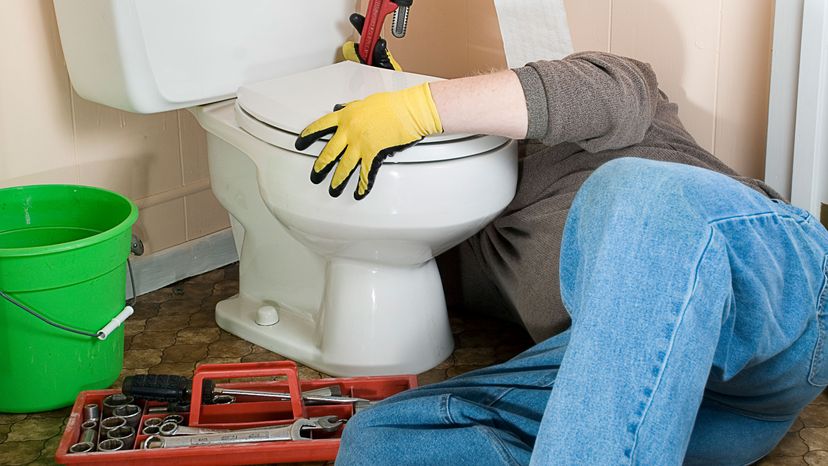 Step 1: Clean and Disinfect the Area
The first step to eliminating the bad smell is to thoroughly clean and disinfect the area under the sink. Start by removing all items from the cabinet and wiping down the surfaces with a mixture of equal parts water and white vinegar. Then, use a disinfectant cleaner to scrub the inside of the cabinet and the pipes. Make sure to also clean the drain stopper and the area around it.
Step 2: Unclog the Drain
If the bad smell persists after cleaning, the issue may be a clogged drain. Use a plunger to try and dislodge the blockage. If that doesn't work, you can try using a drain snake to clear the clog. For more stubborn blockages, it may be necessary to call a professional plumber.
Step 3: Check for Leaks
Leaking pipes can also be a source of bad odor. Check all the pipes under the sink for any signs of leakage, such as water stains or puddles. If you find a leak, it's best to call a plumber to fix it properly.
Step 4: Use Natural Deodorizers
To keep the bathroom smelling fresh, you can use natural deodorizers such as baking soda or lemon. Sprinkle some baking soda under the sink and let it sit overnight. In the morning, vacuum it up, and the bad smell should be gone. You can also cut a lemon in half and leave it under the sink to absorb any lingering odors.
Step 1: Clean and Disinfect the Area
The first step to eliminating the bad smell is to thoroughly clean and disinfect the area under the sink. Start by removing all items from the cabinet and wiping down the surfaces with a mixture of equal parts water and white vinegar. Then, use a disinfectant cleaner to scrub the inside of the cabinet and the pipes. Make sure to also clean the drain stopper and the area around it.
Step 2: Unclog the Drain
If the bad smell persists after cleaning, the issue may be a clogged drain. Use a plunger to try and dislodge the blockage. If that doesn't work, you can try using a drain snake to clear the clog. For more stubborn blockages, it may be necessary to call a professional plumber.
Step 3: Check for Leaks
Leaking pipes can also be a source of bad odor. Check all the pipes under the sink for any signs of leakage, such as water stains or puddles. If you find a leak, it's best to call a plumber to fix it properly.
Step 4: Use Natural Deodorizers
To keep the bathroom smelling fresh, you can use natural deodorizers such as baking soda or lemon. Sprinkle some baking soda under the sink and let it sit overnight. In the morning, vacuum it up, and the bad smell should be gone. You can also cut a lemon in half and leave it under the sink to absorb any lingering odors.
Preventing Future Bad Smells
 Prevention is key to avoiding a bad smell under the bathroom sink. Here are some tips to keep the area fresh and clean:
- Wipe down the area regularly, especially after using cleaning products or hair products.
- Fix any leaks or drips immediately.
- Keep the area well-ventilated by opening a window or turning on a fan.
- Avoid storing food or hair in the cabinet.
Prevention is key to avoiding a bad smell under the bathroom sink. Here are some tips to keep the area fresh and clean:
- Wipe down the area regularly, especially after using cleaning products or hair products.
- Fix any leaks or drips immediately.
- Keep the area well-ventilated by opening a window or turning on a fan.
- Avoid storing food or hair in the cabinet.
In Conclusion
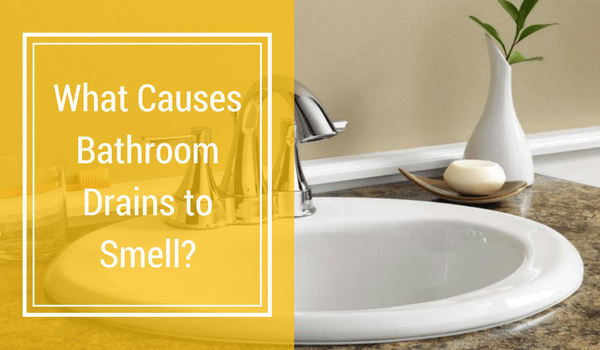 Having a bad smell under the bathroom sink can be a nuisance, but it's not a problem that can't be fixed. By following these steps and implementing preventative measures, you can eliminate the bad smell and keep your bathroom smelling fresh and clean. Remember to regularly clean and maintain the area to avoid any future odors. With these tips, you can confidently design a house with a pleasant and inviting bathroom.
Having a bad smell under the bathroom sink can be a nuisance, but it's not a problem that can't be fixed. By following these steps and implementing preventative measures, you can eliminate the bad smell and keep your bathroom smelling fresh and clean. Remember to regularly clean and maintain the area to avoid any future odors. With these tips, you can confidently design a house with a pleasant and inviting bathroom.



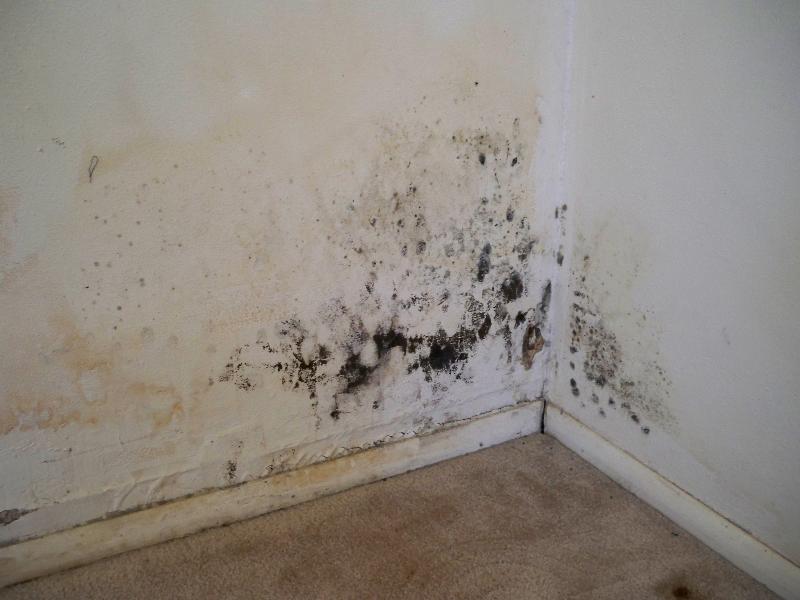


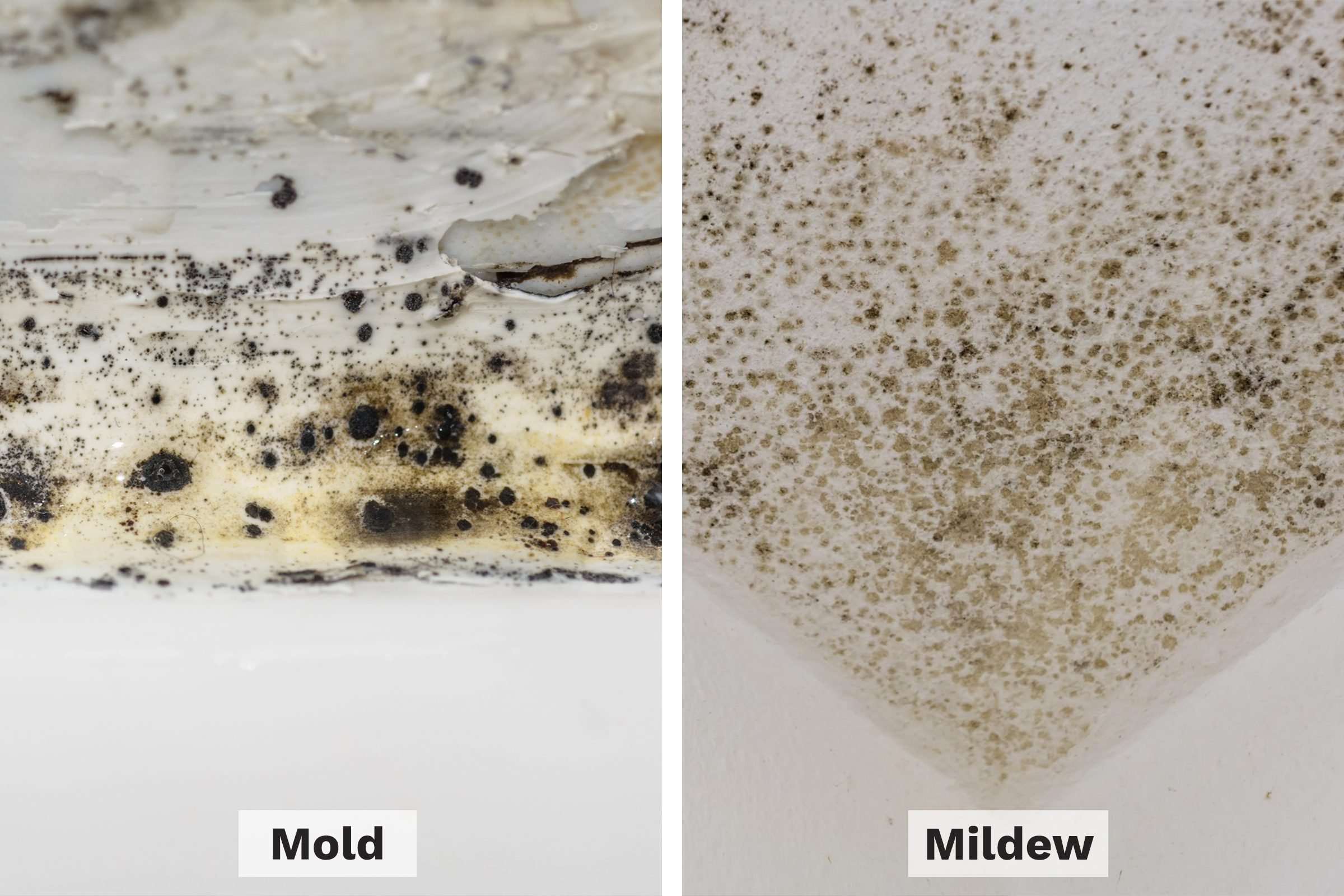

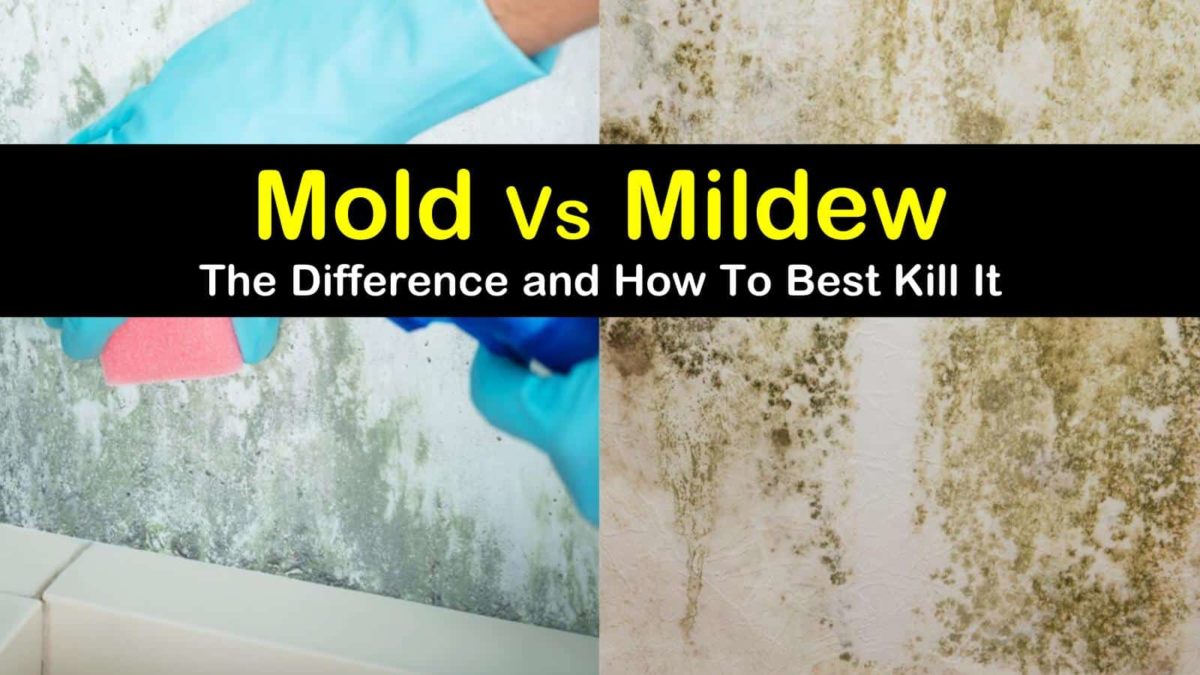
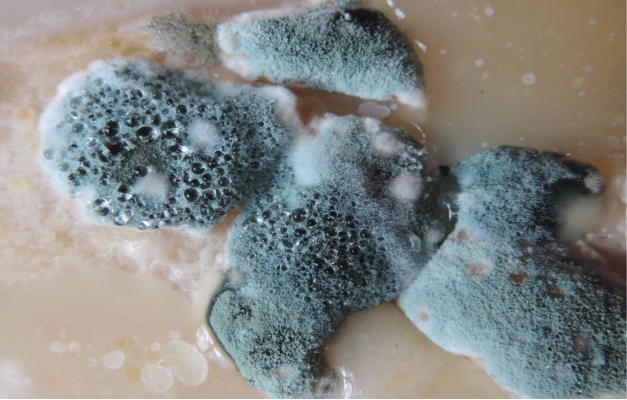
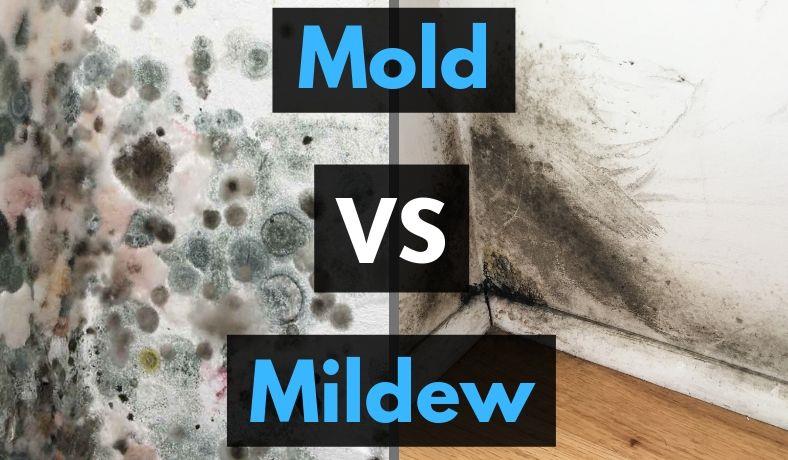
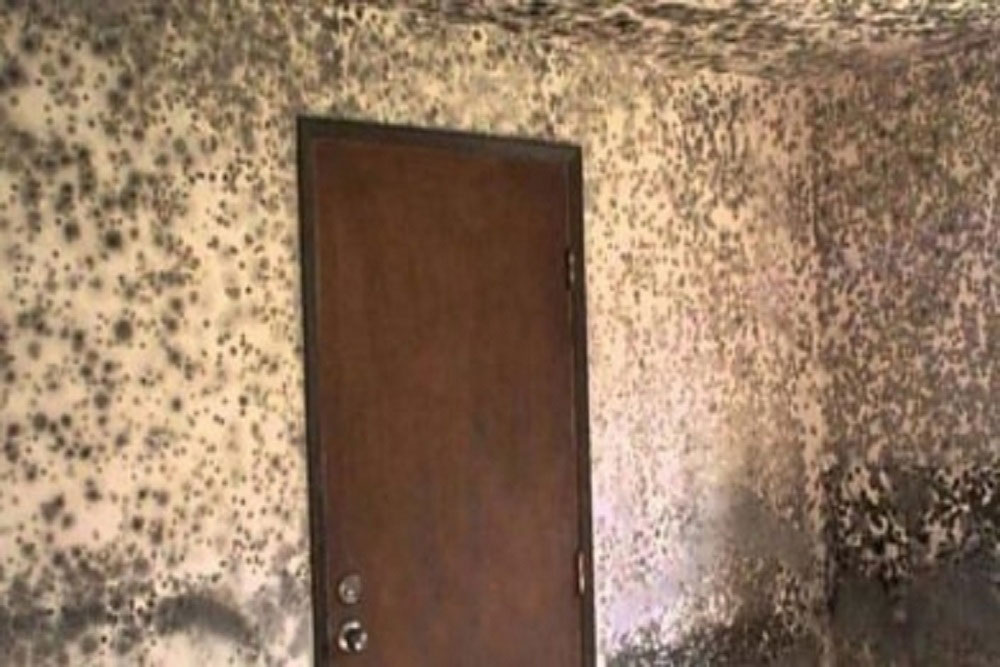






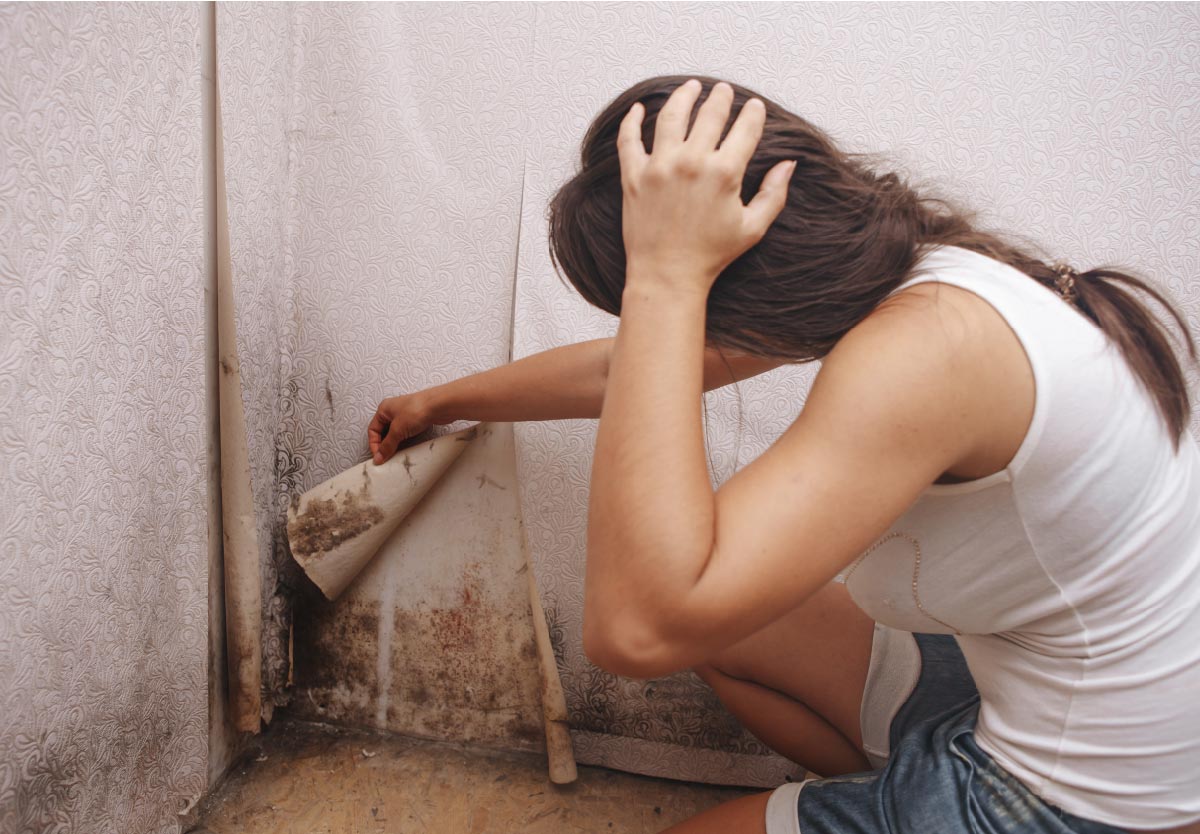

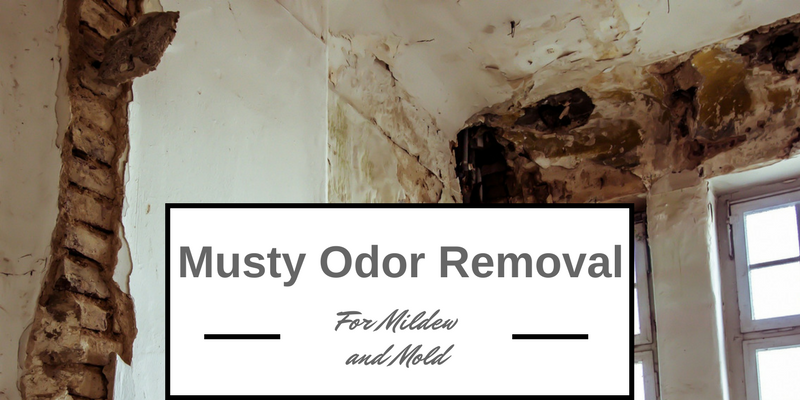



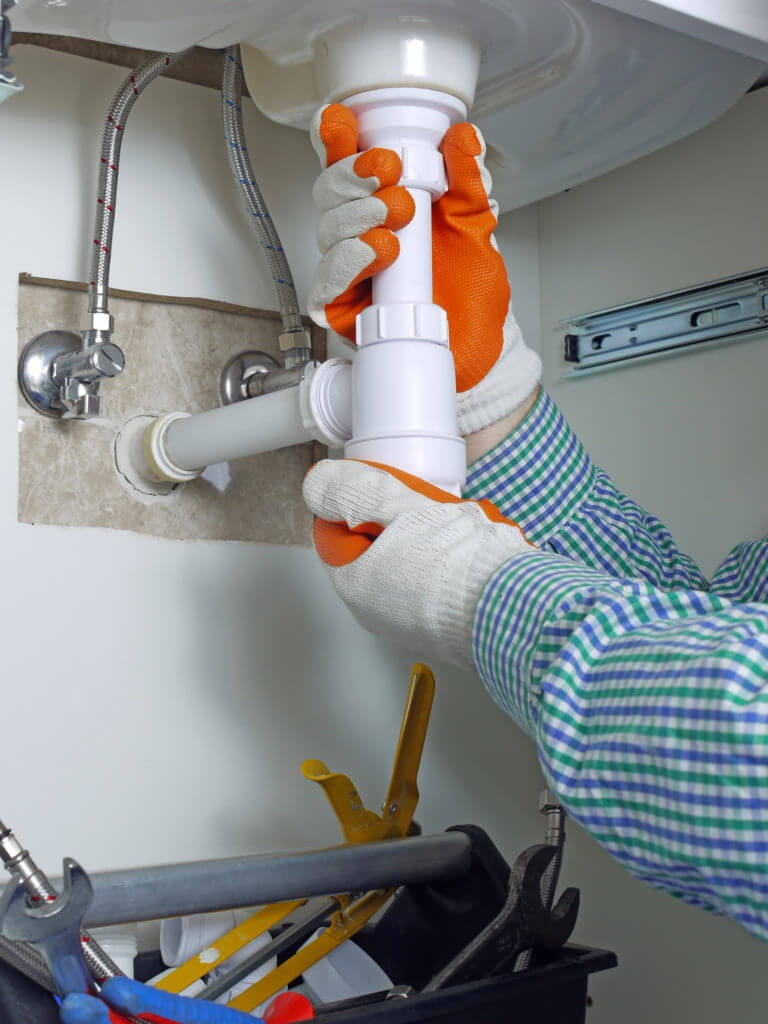


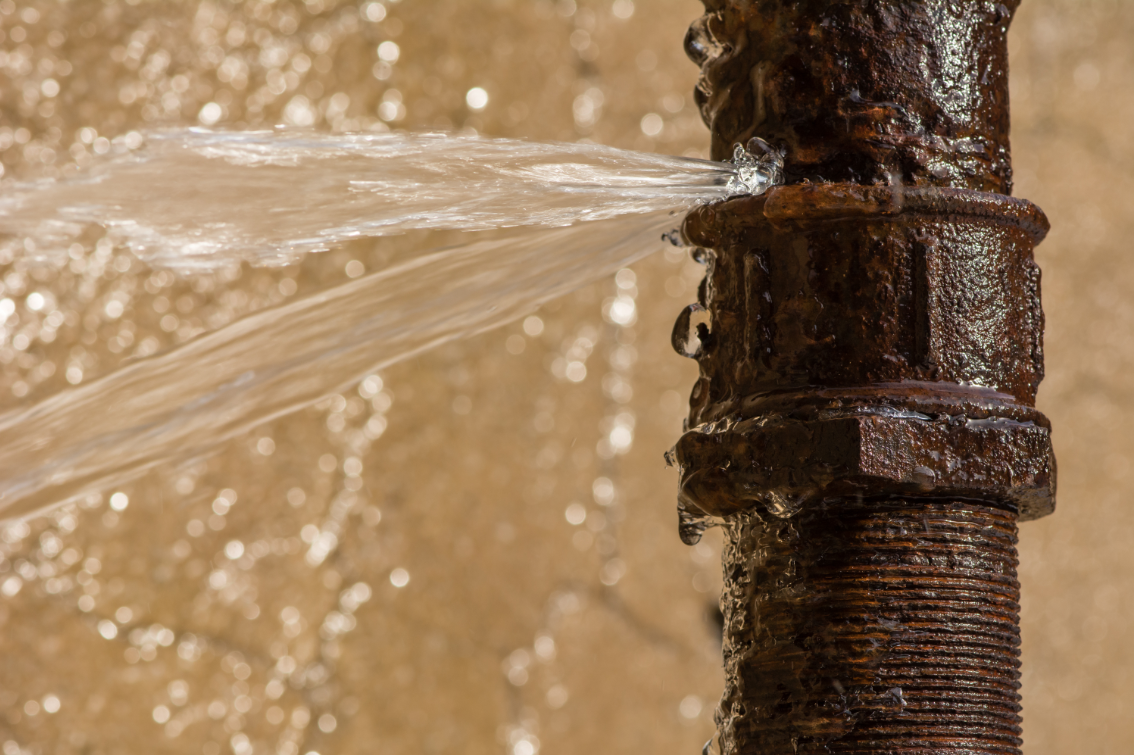
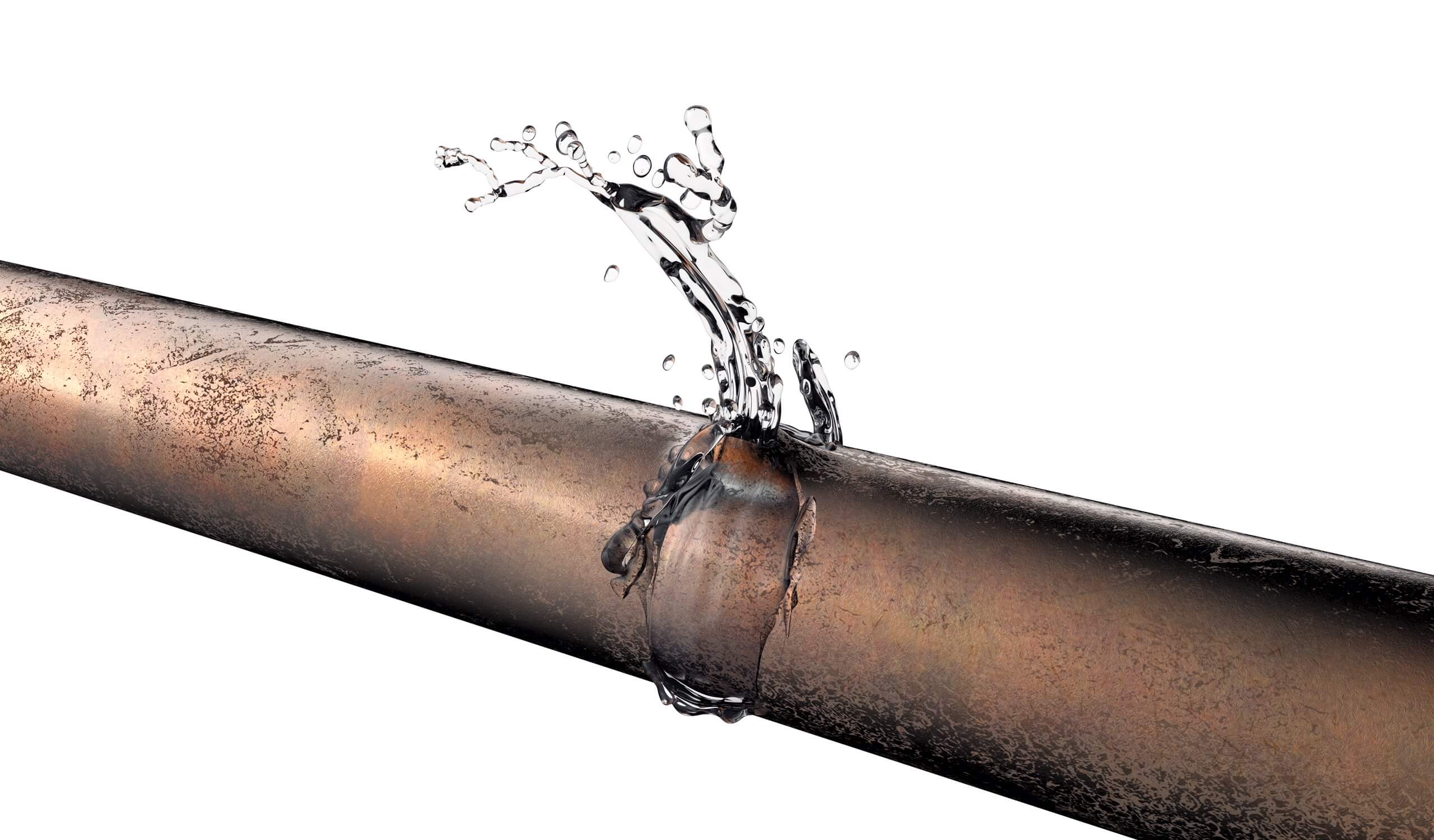
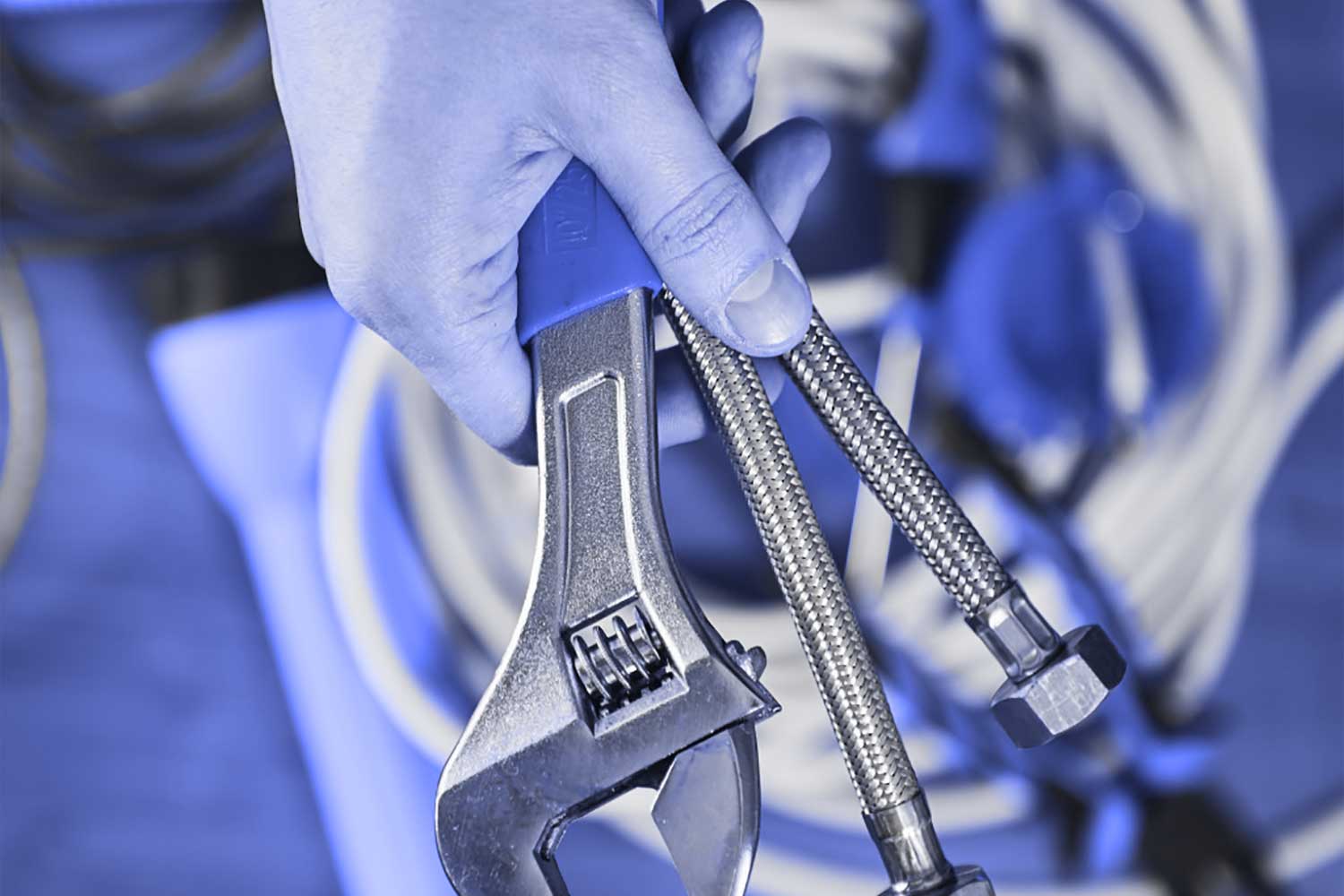
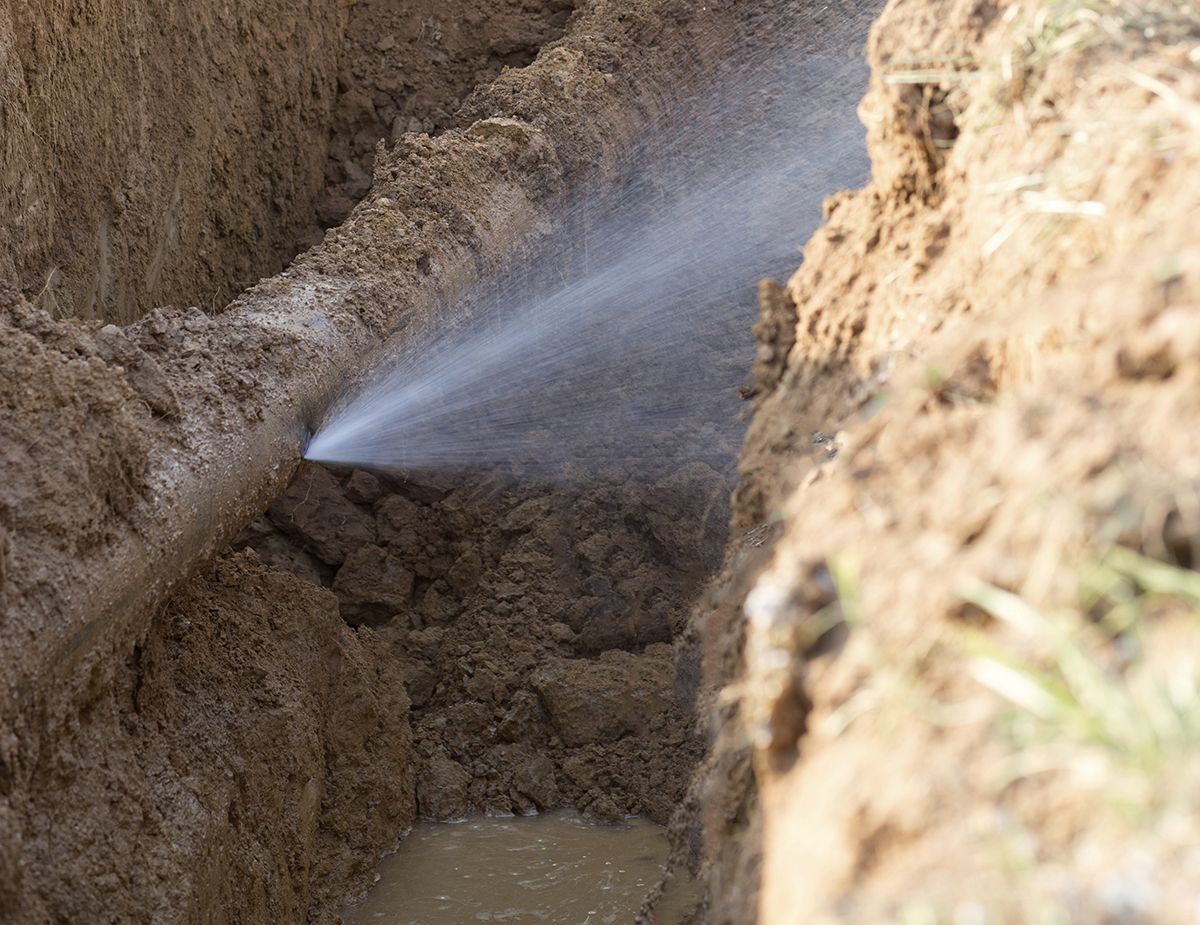
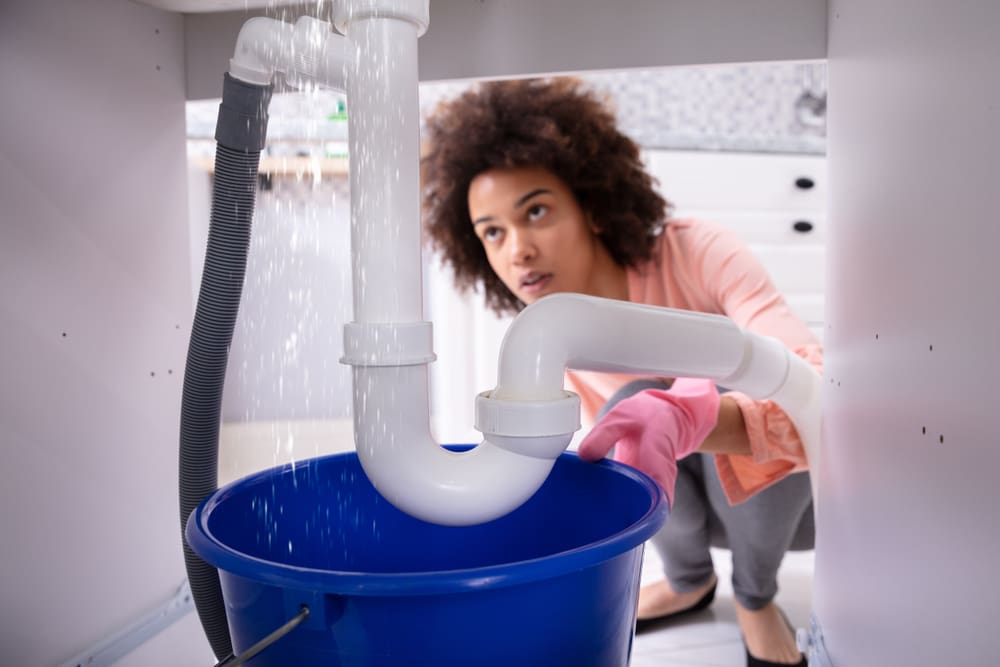






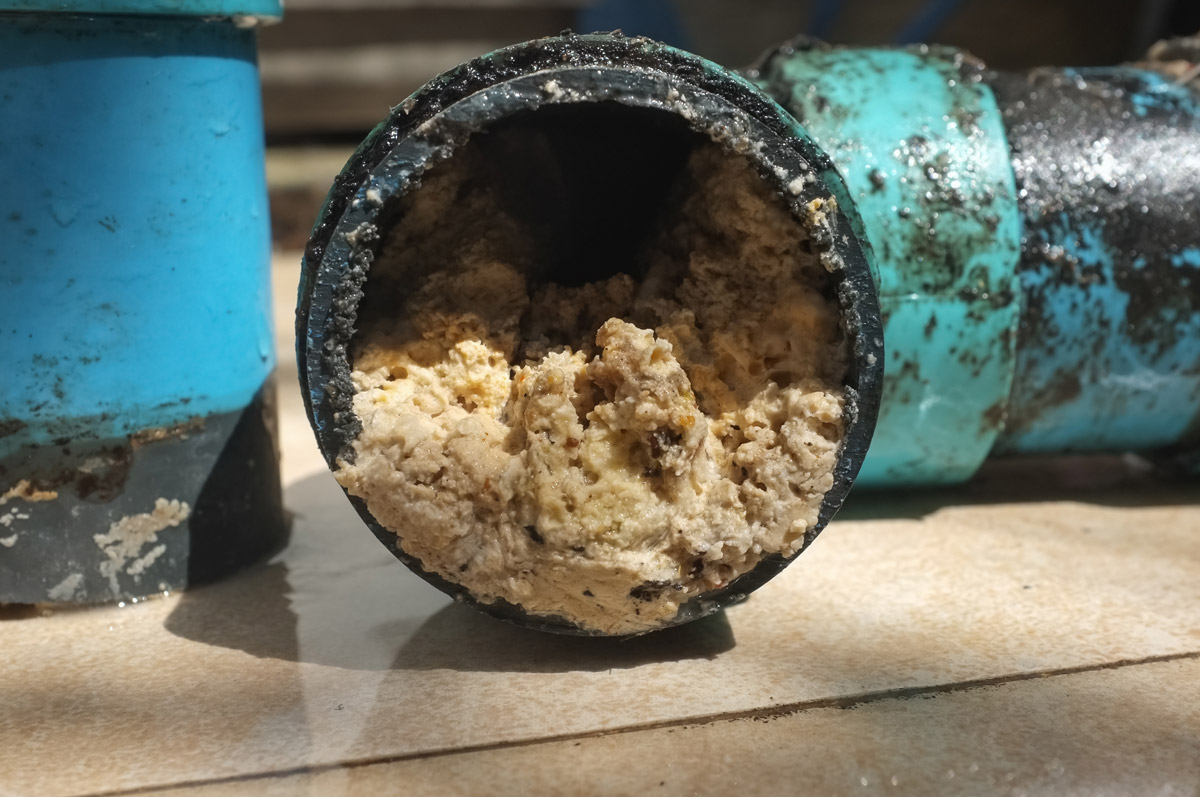
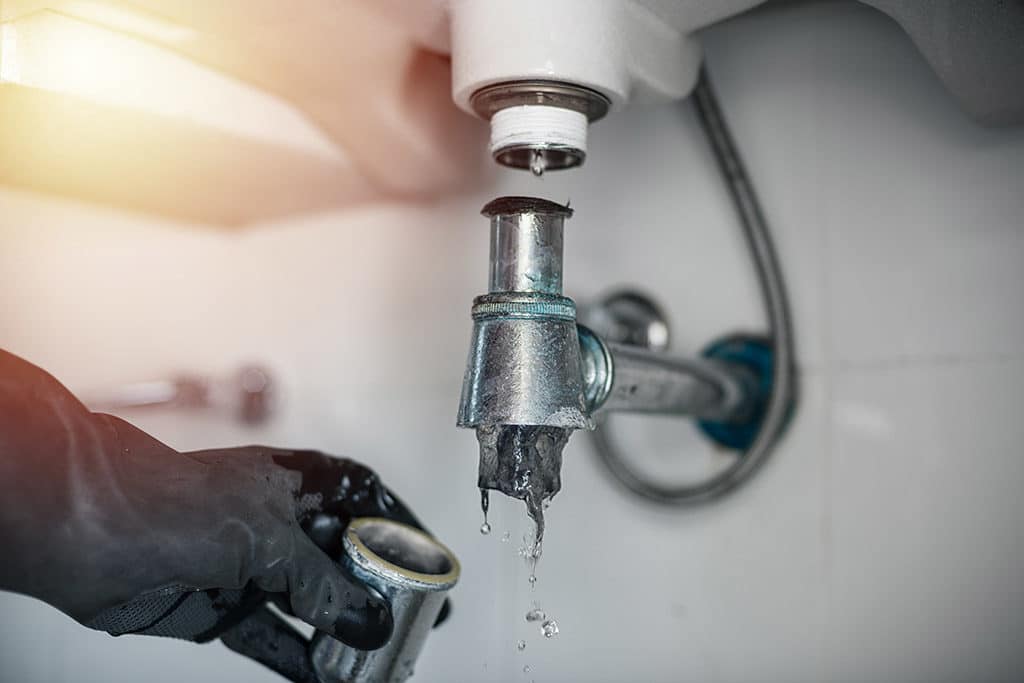
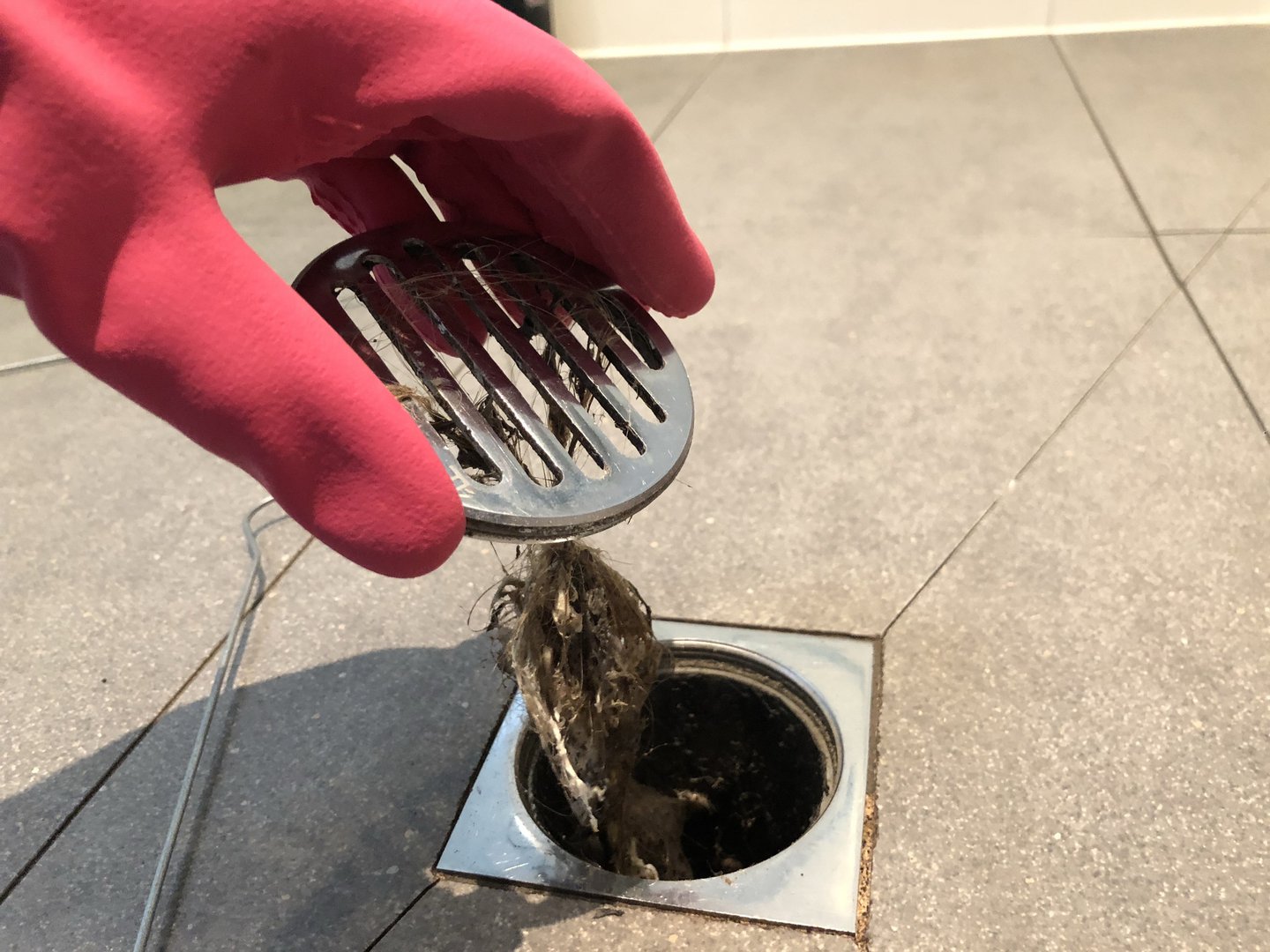
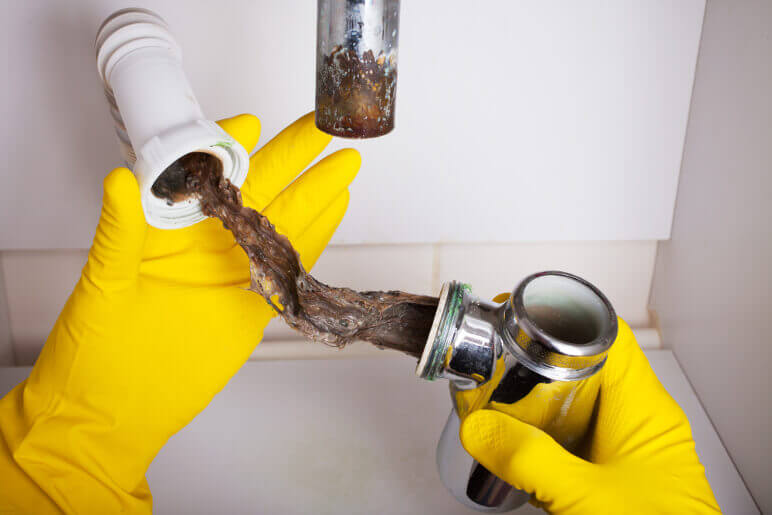

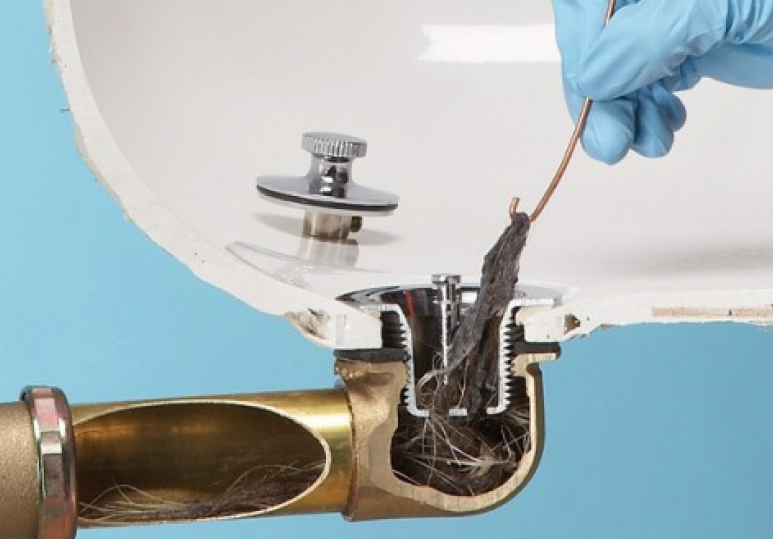
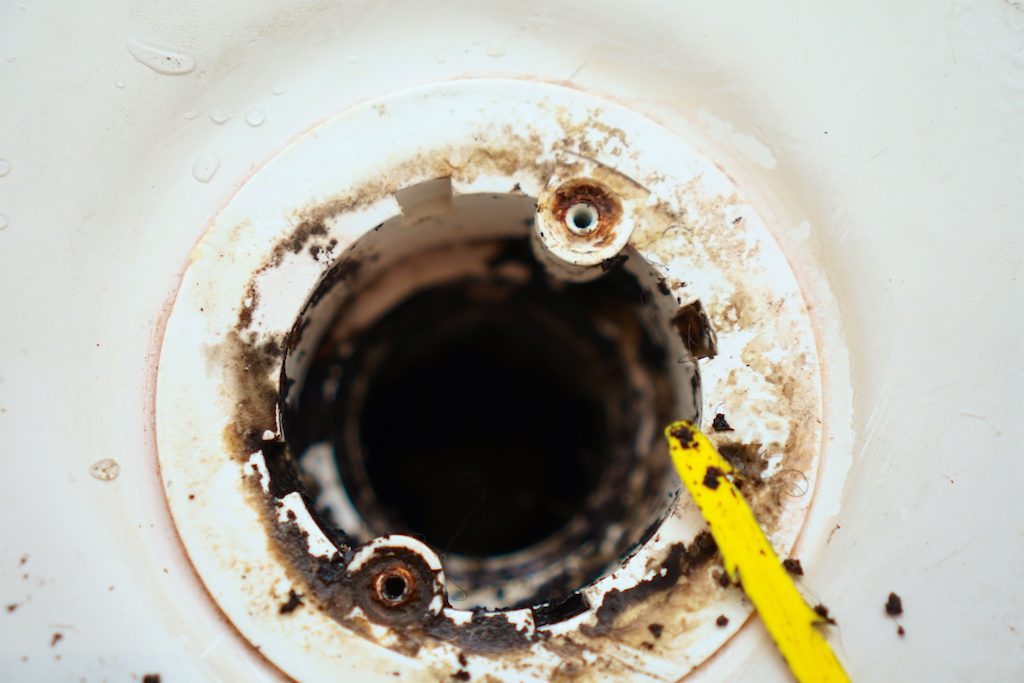



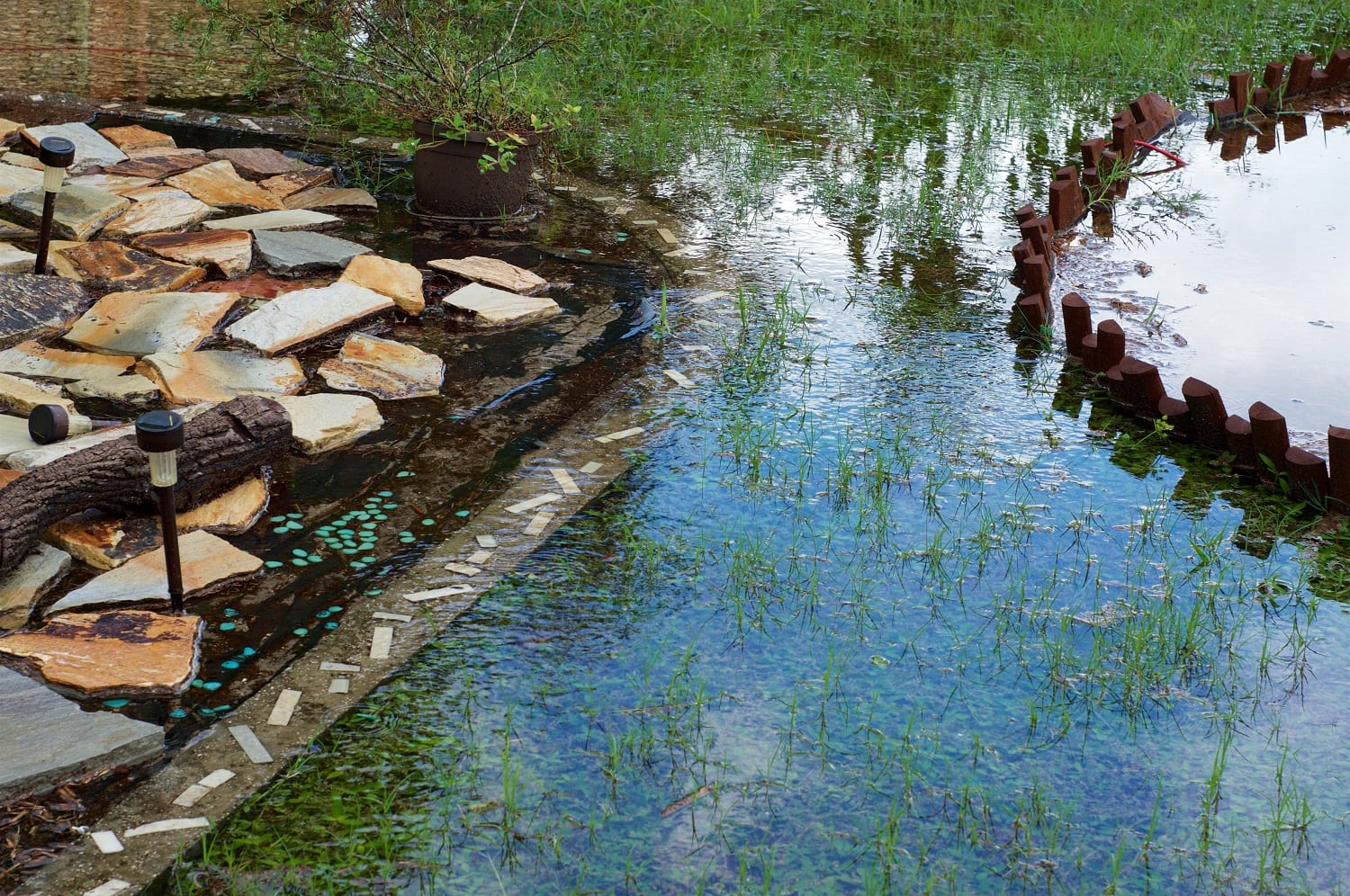
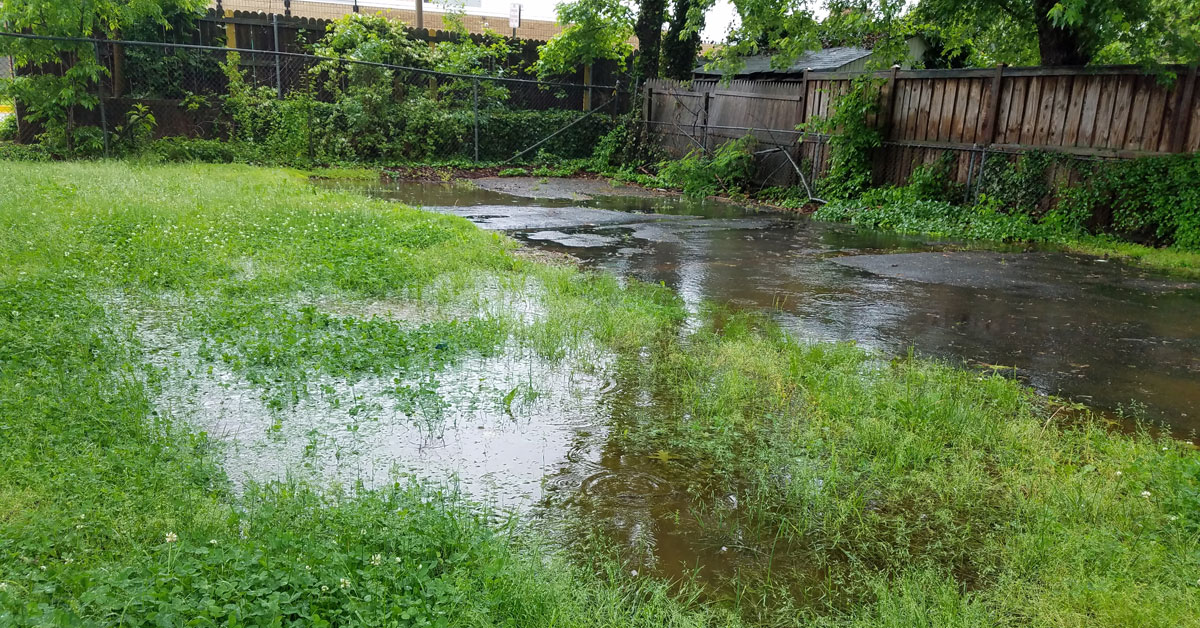

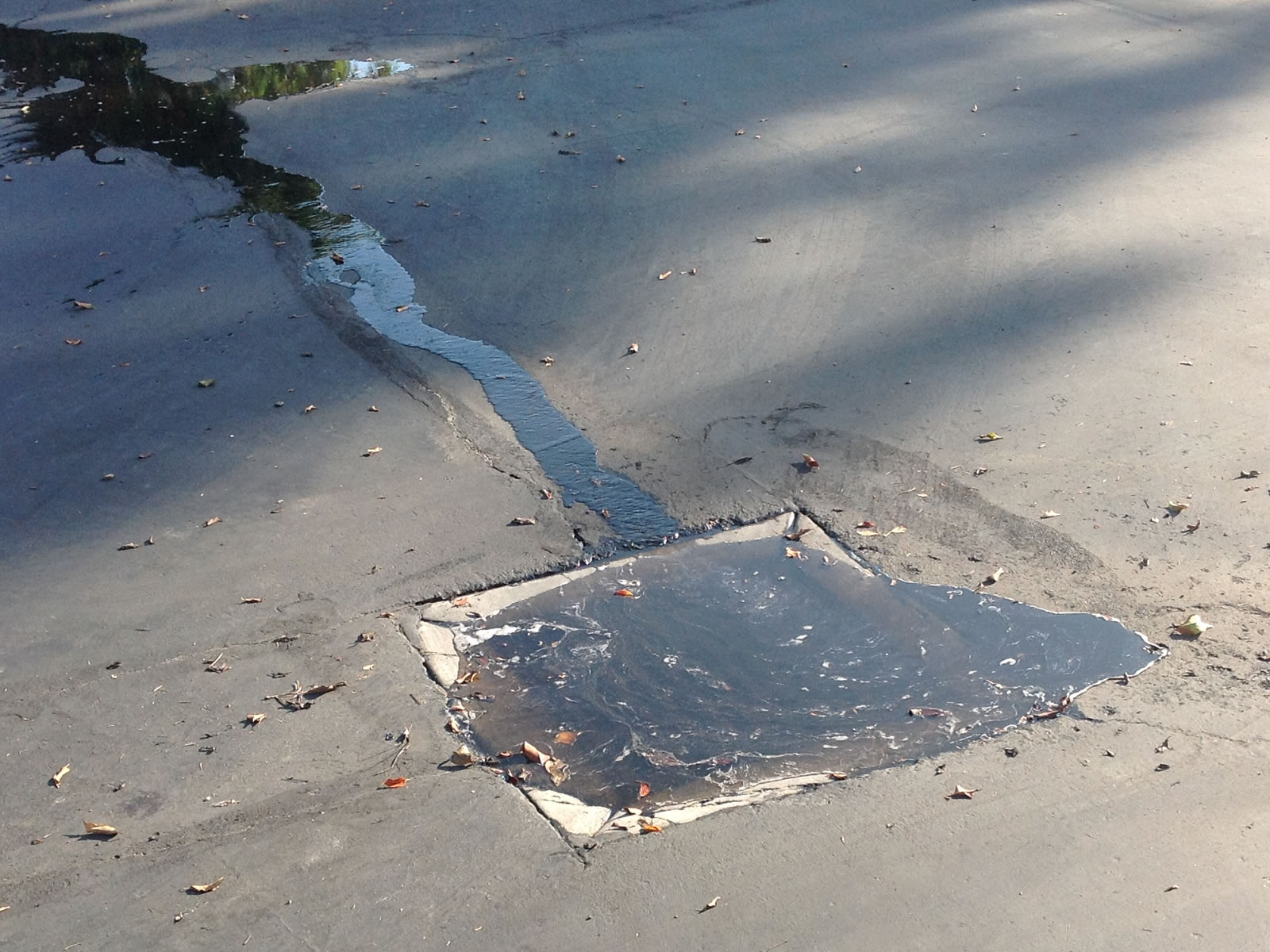




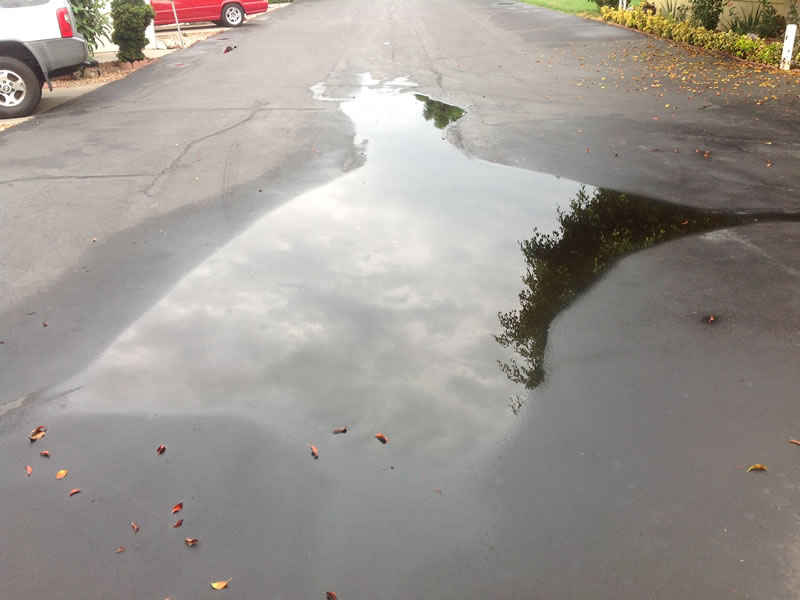
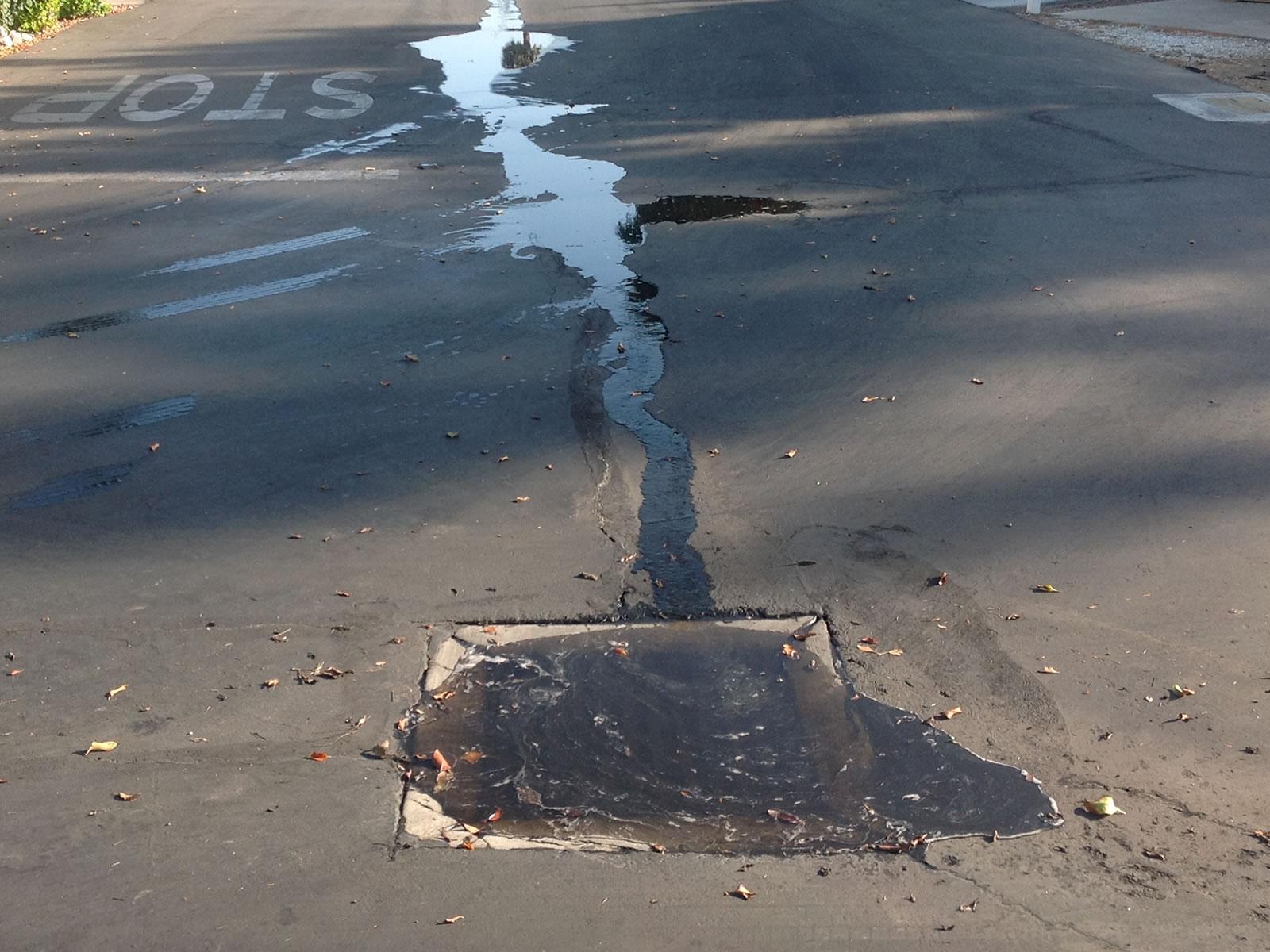
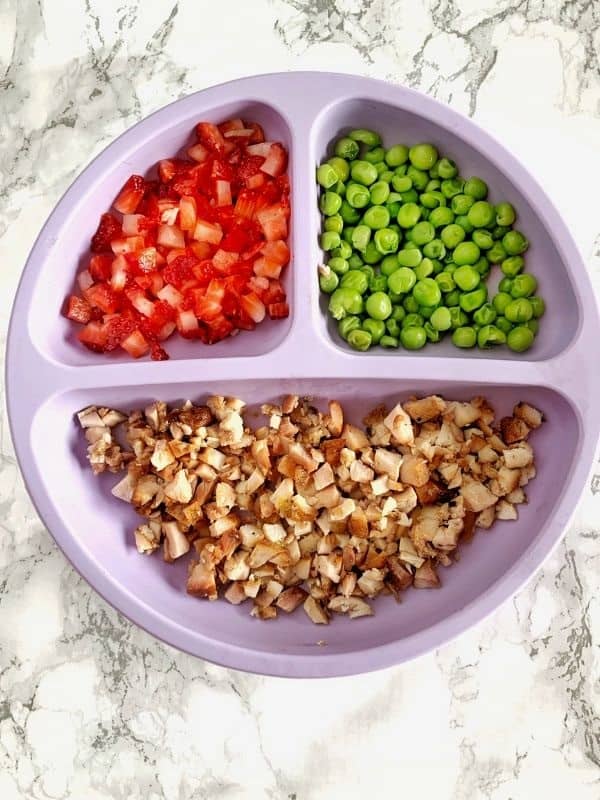



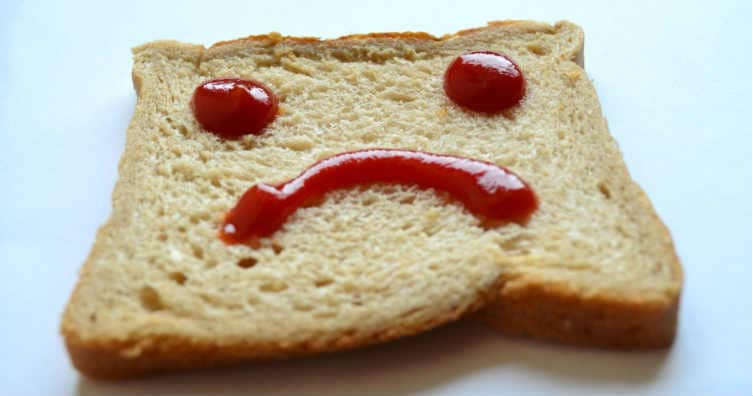
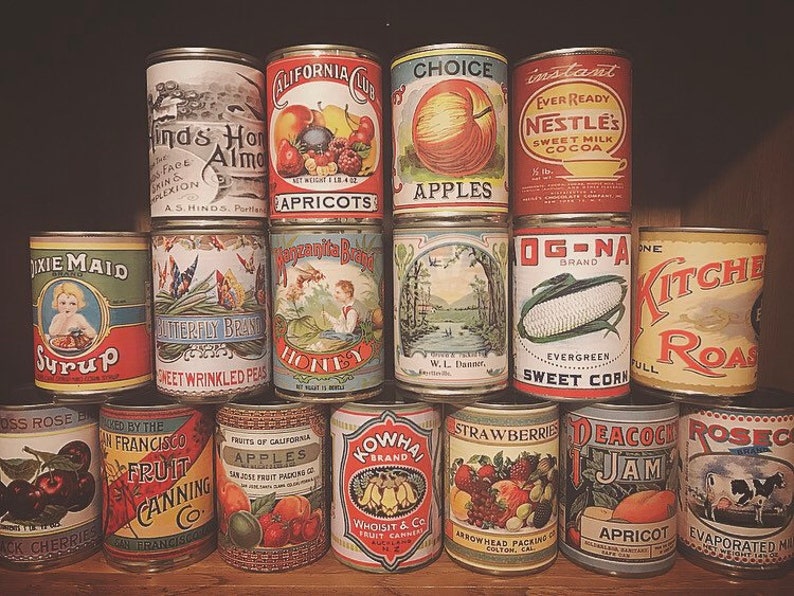






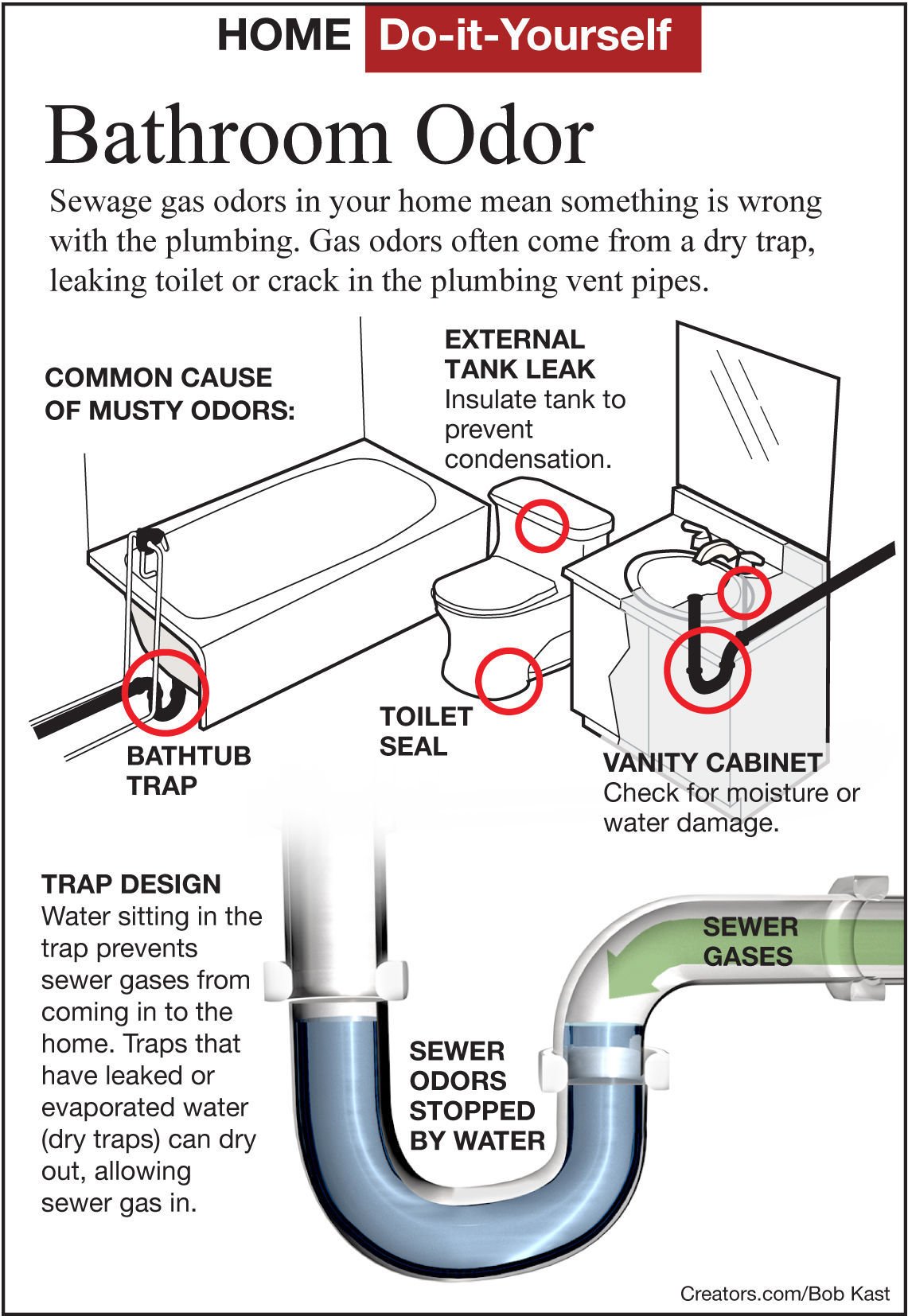

.jpg)




